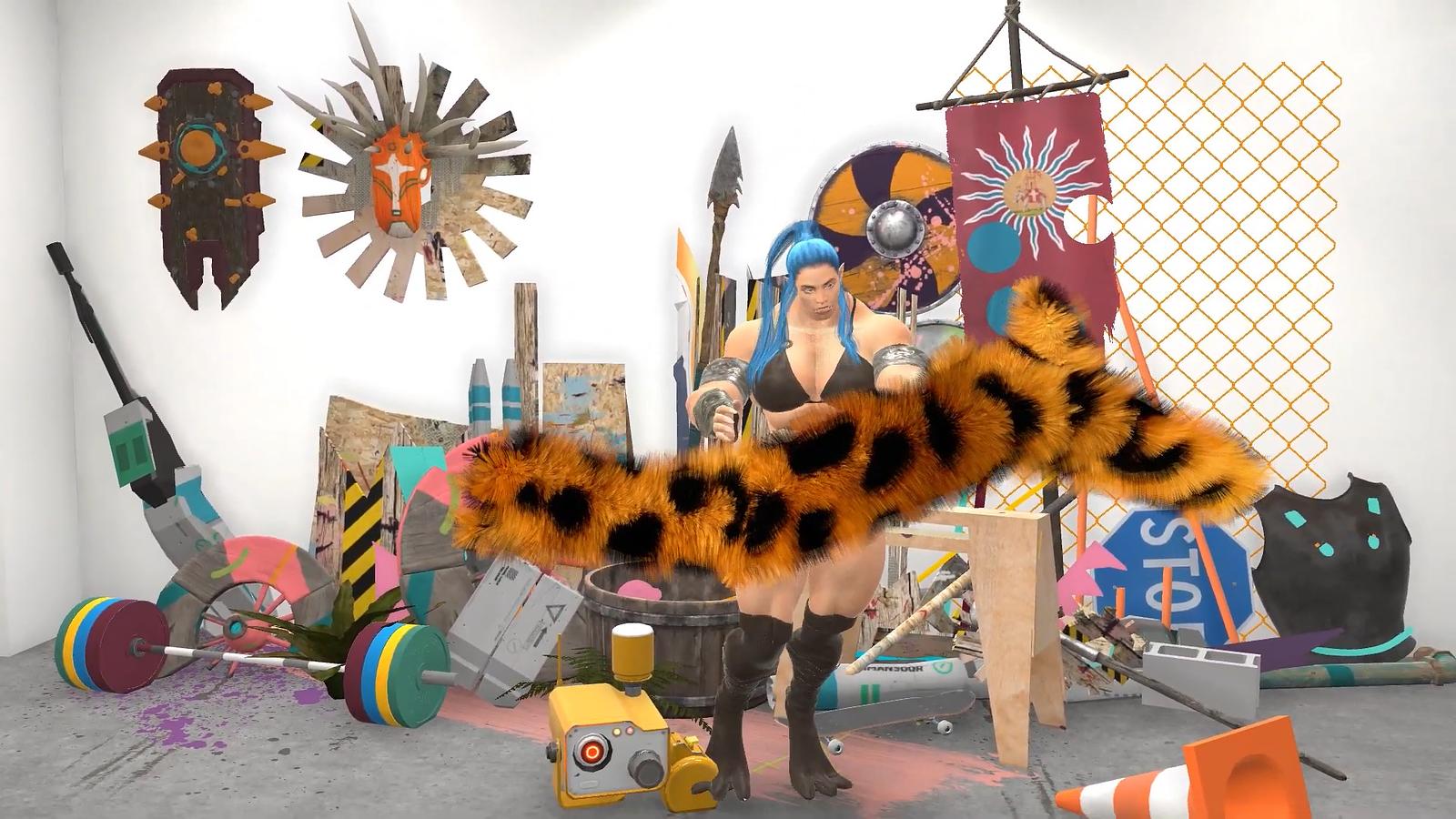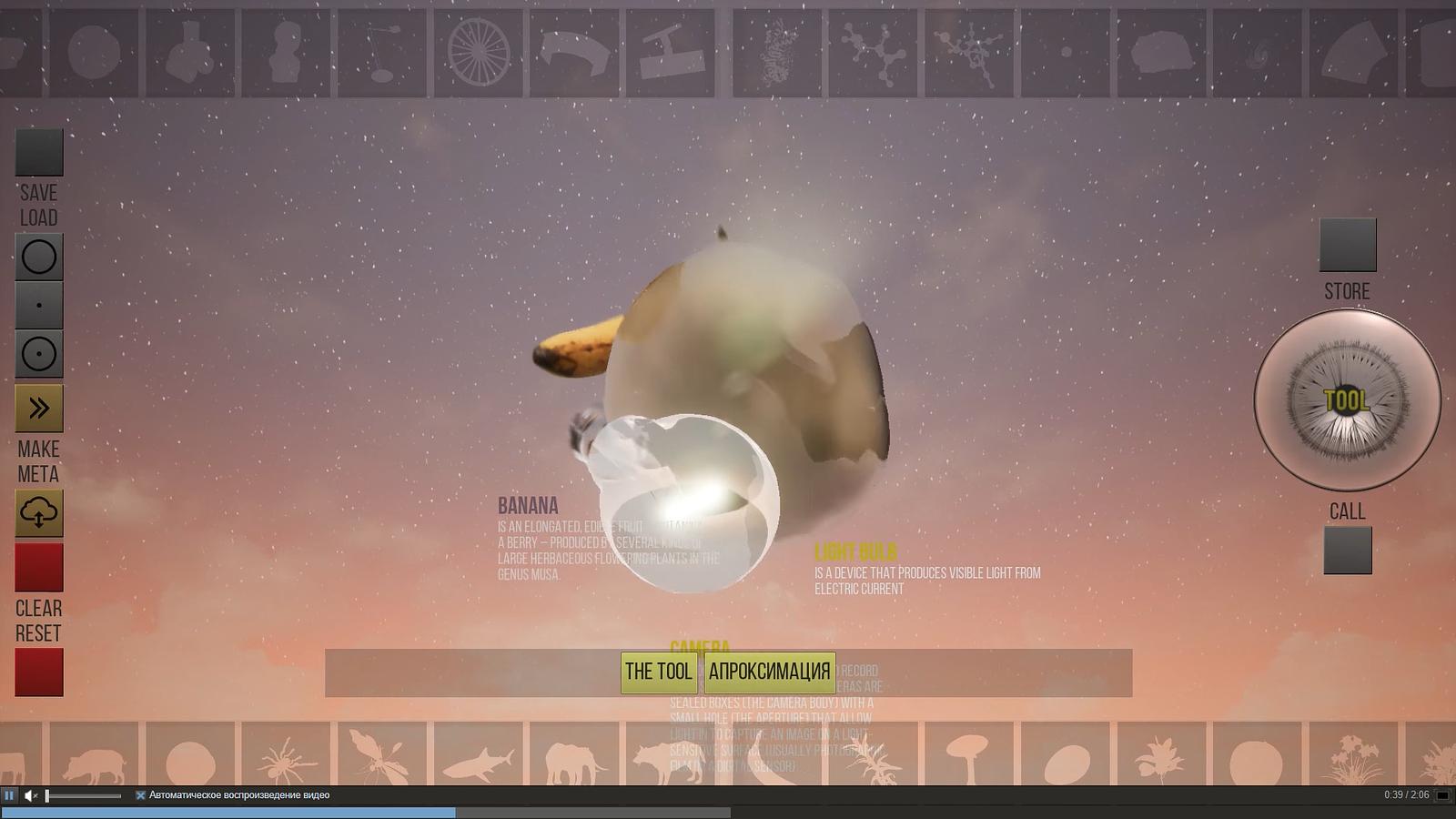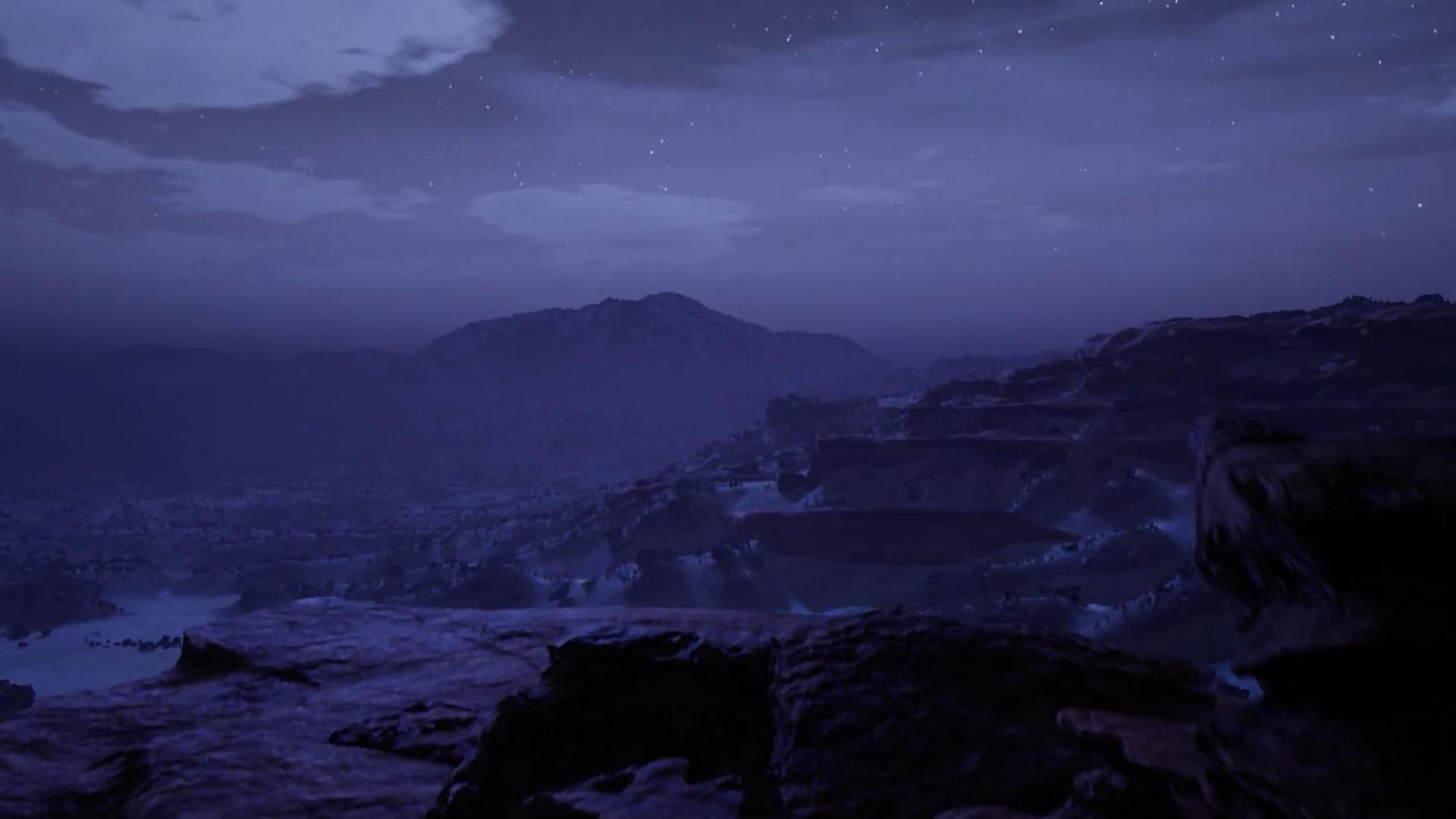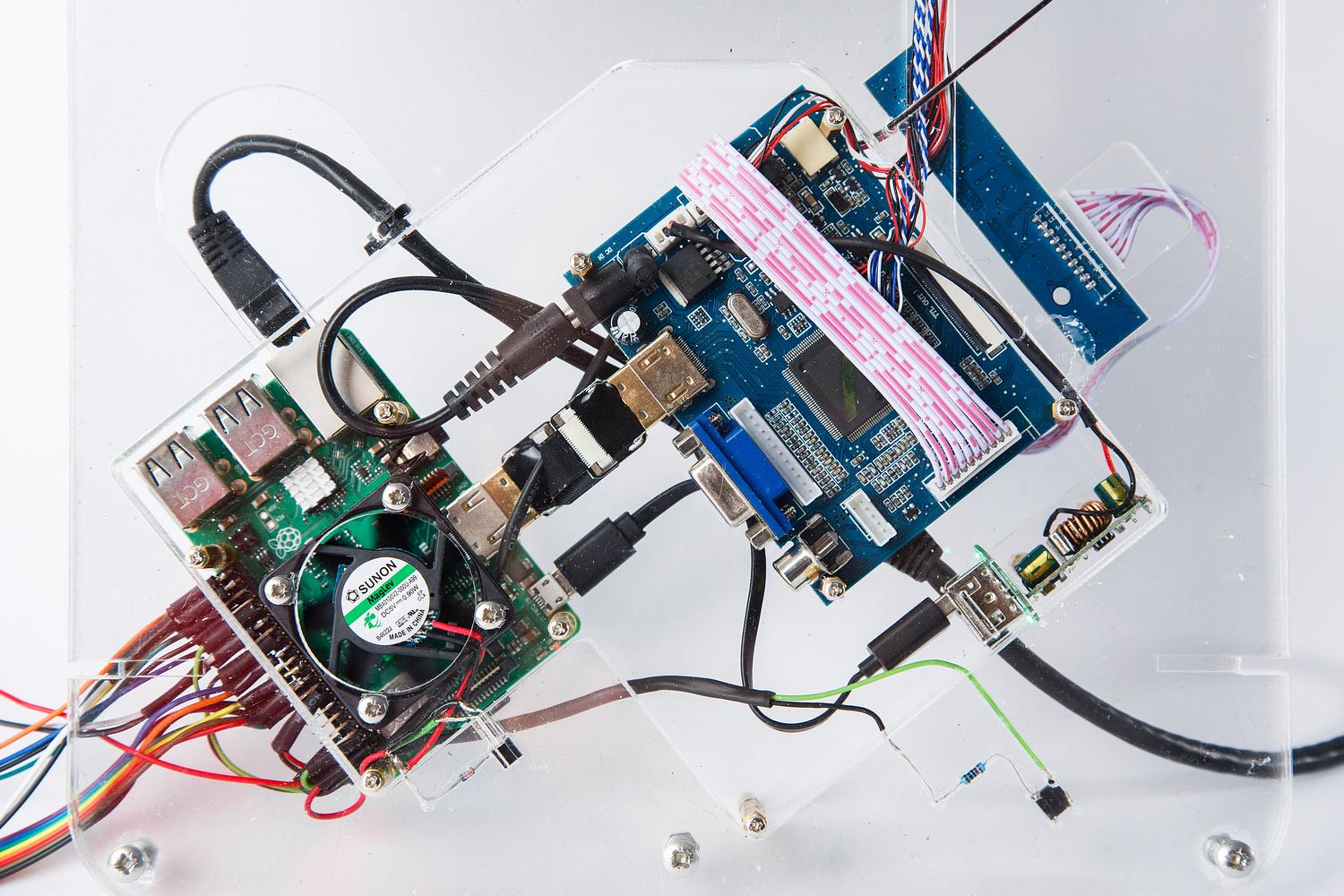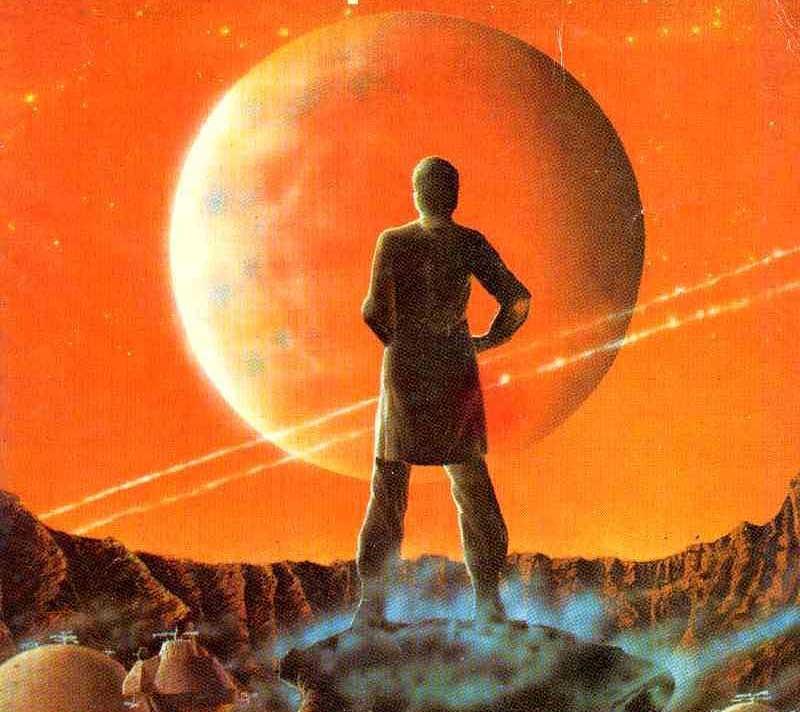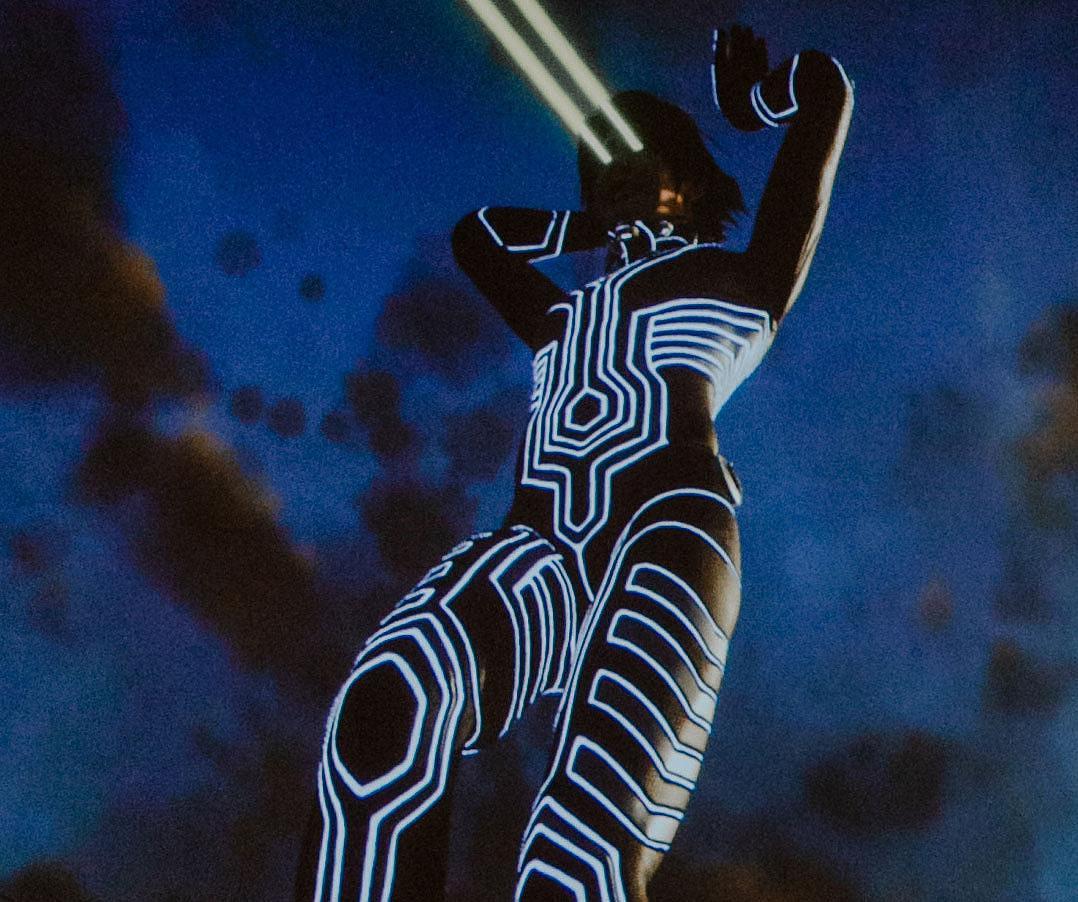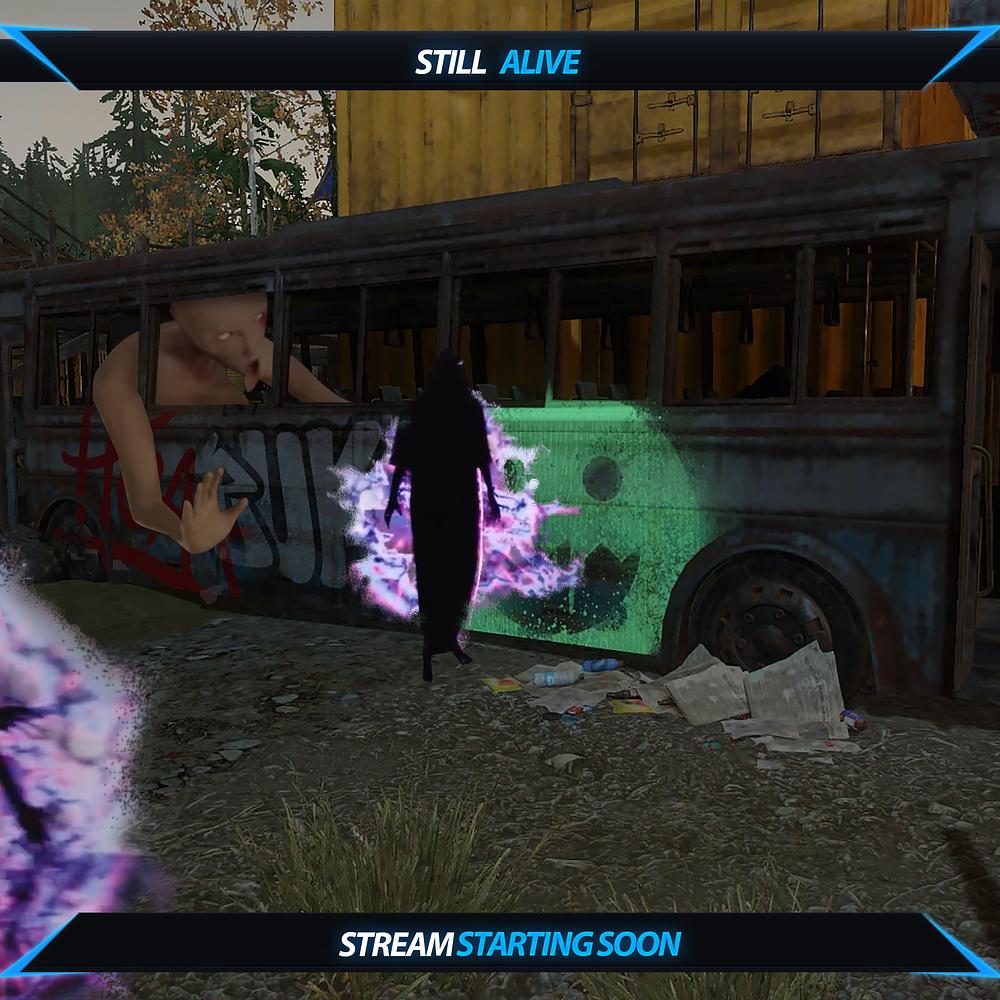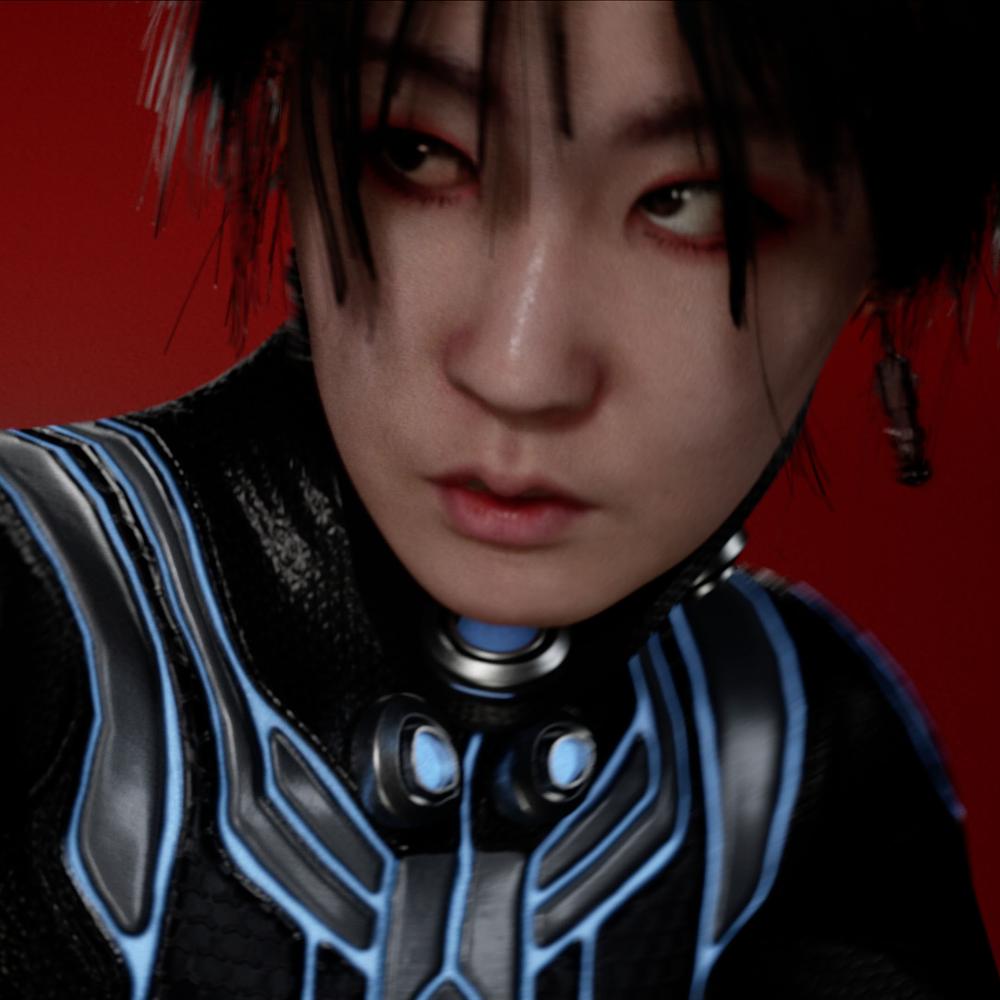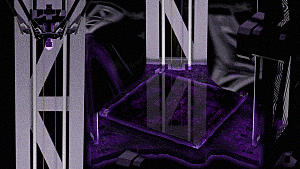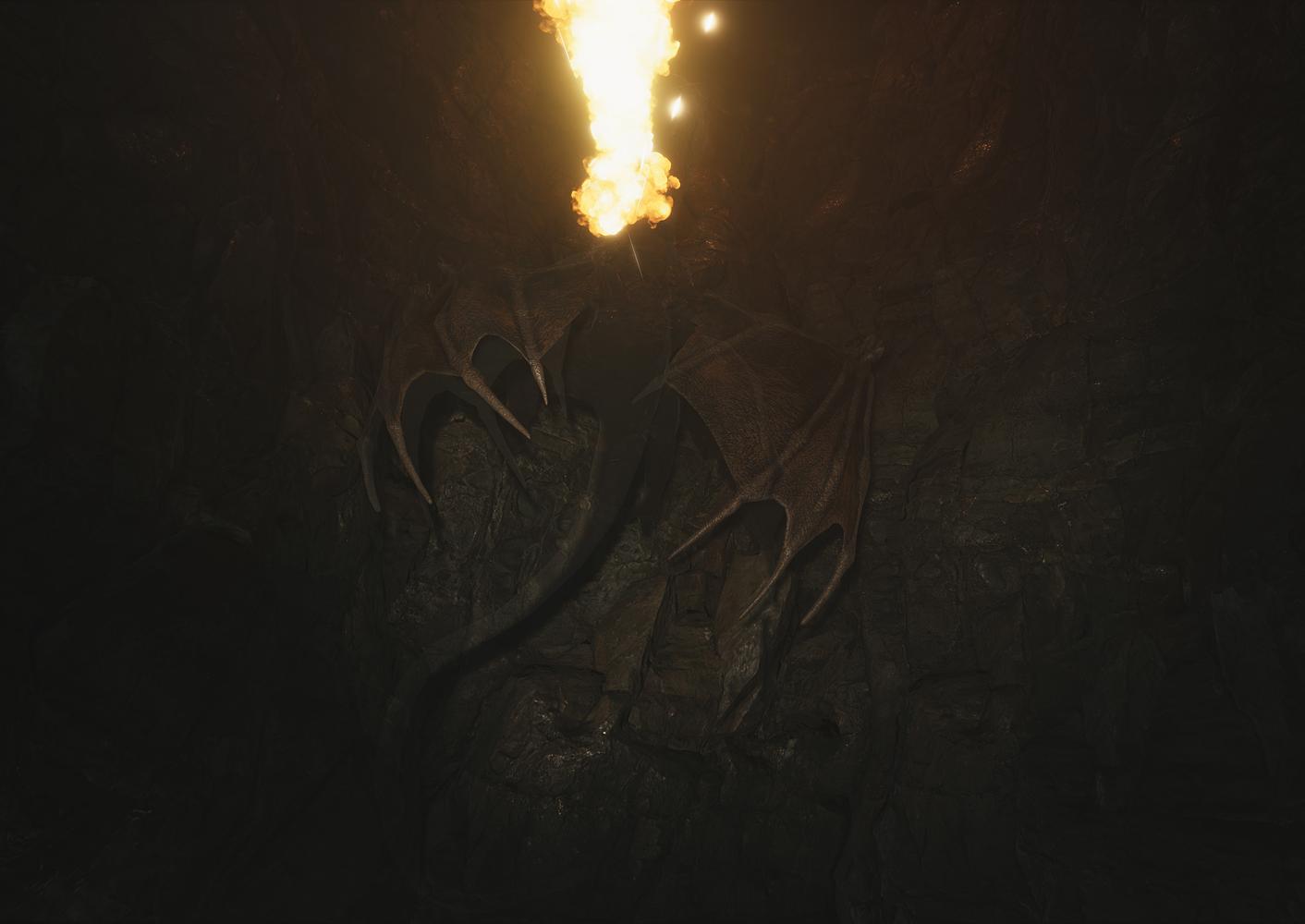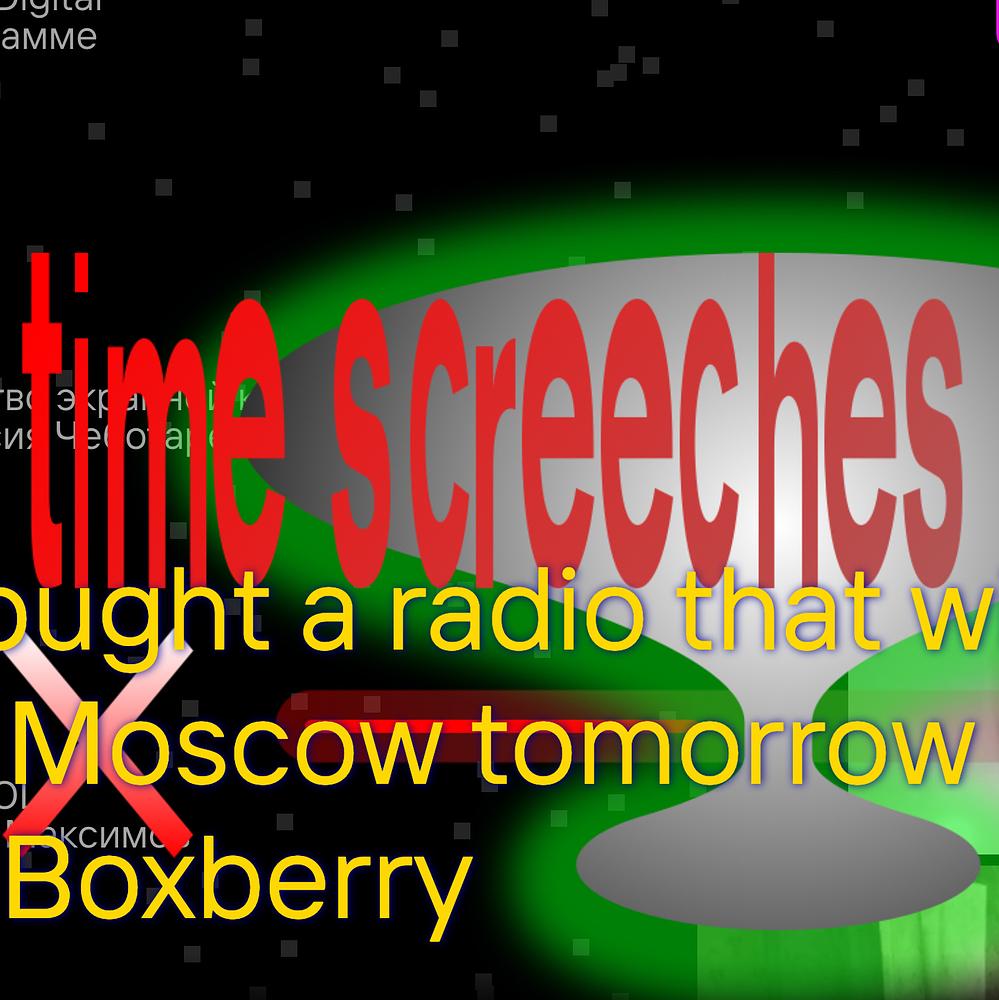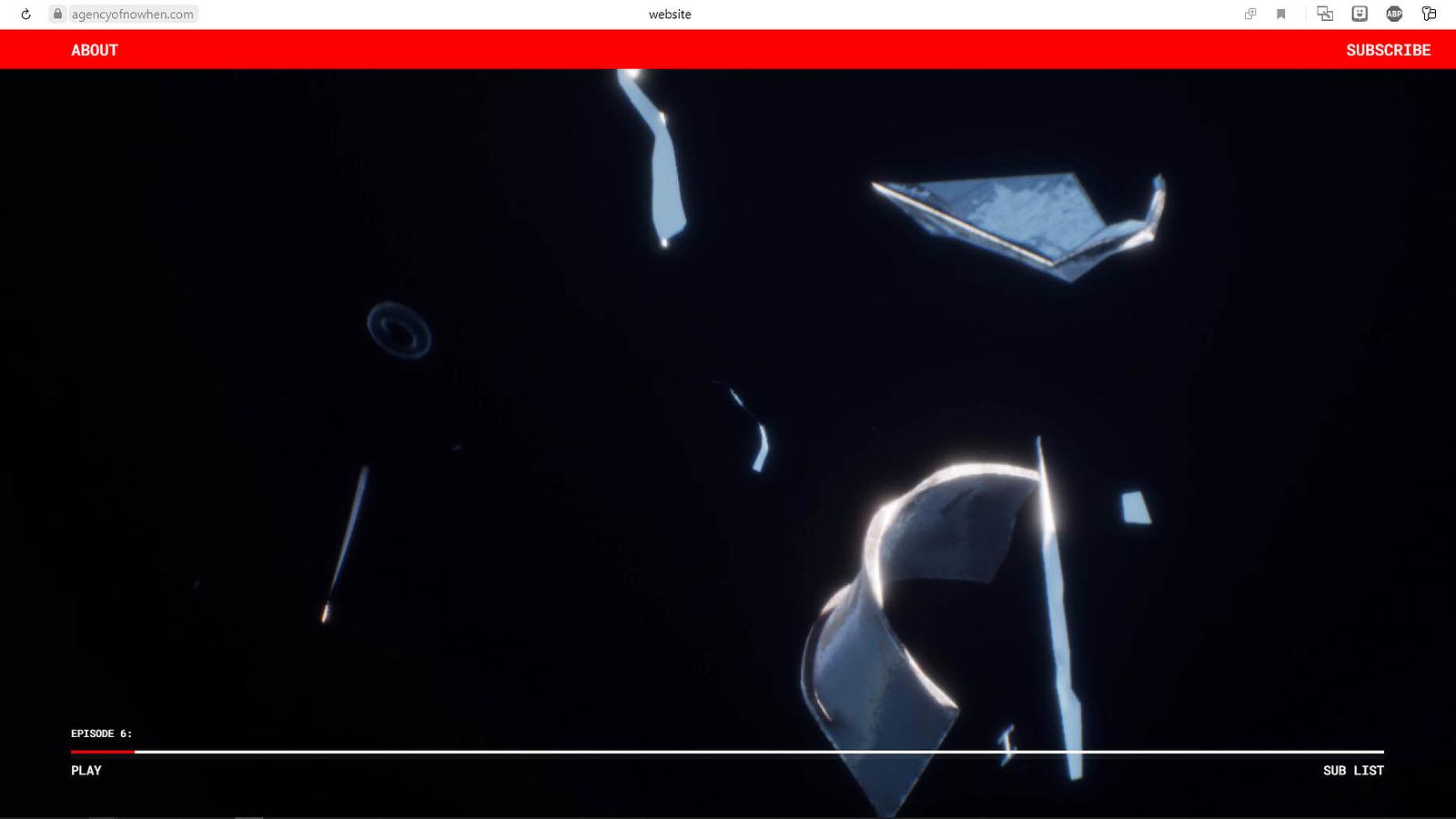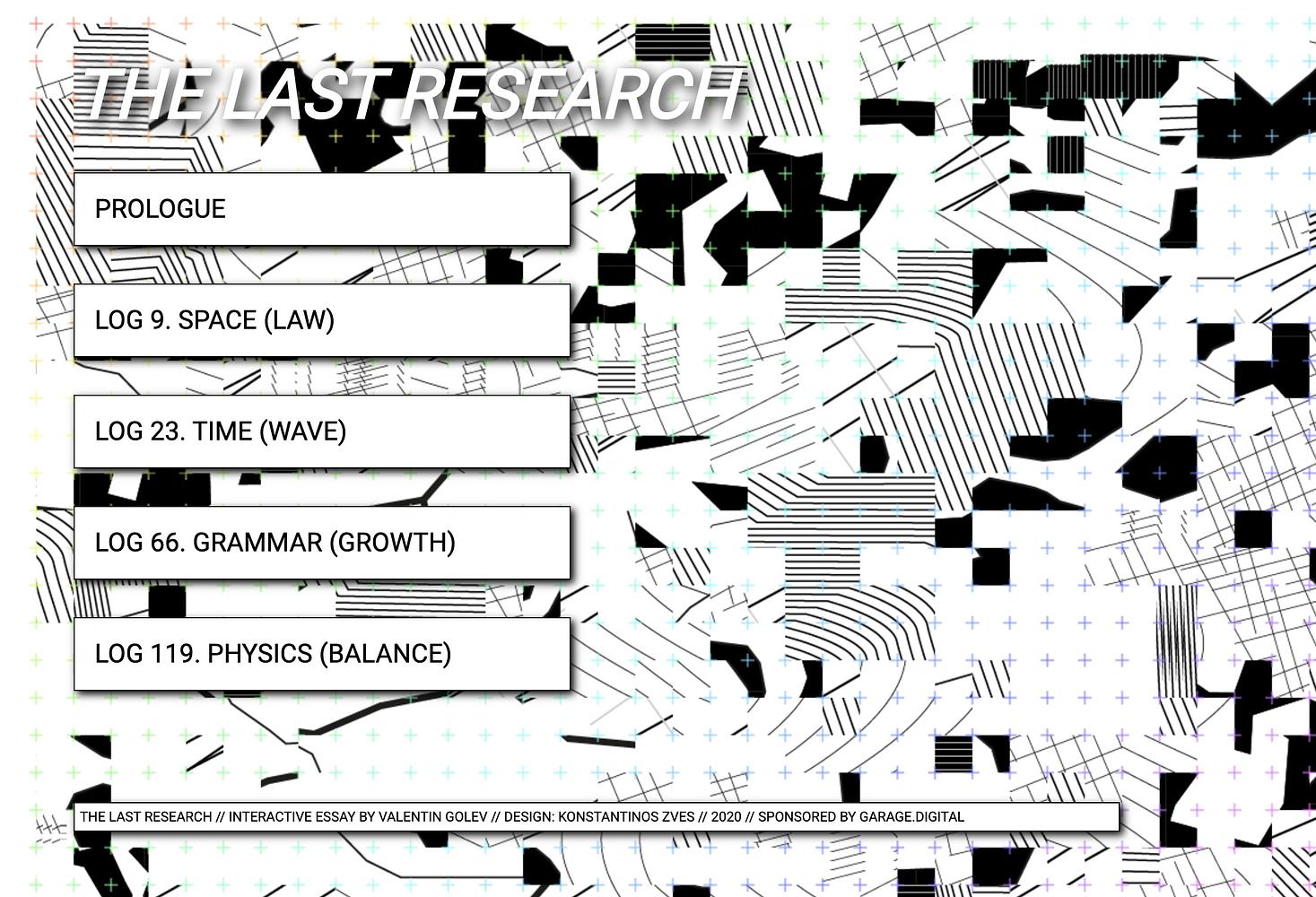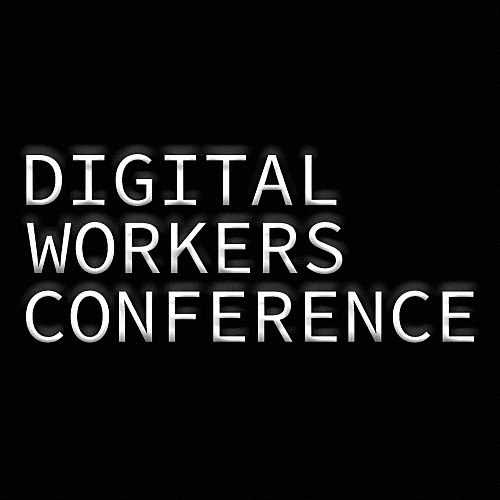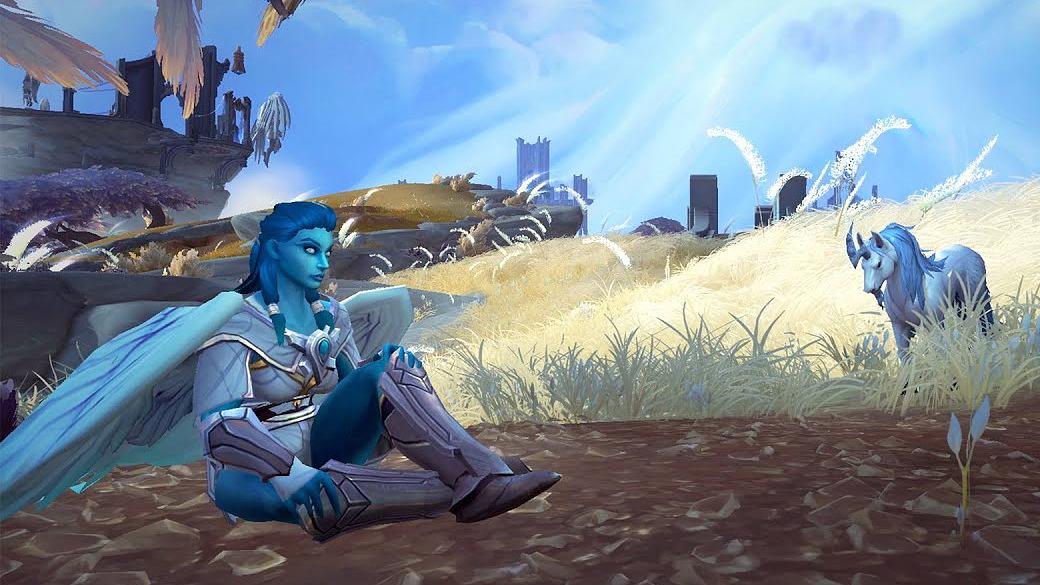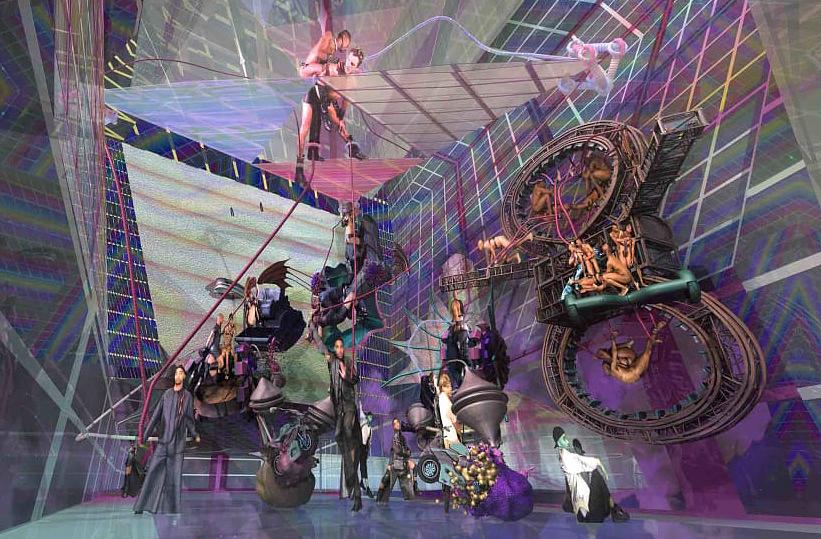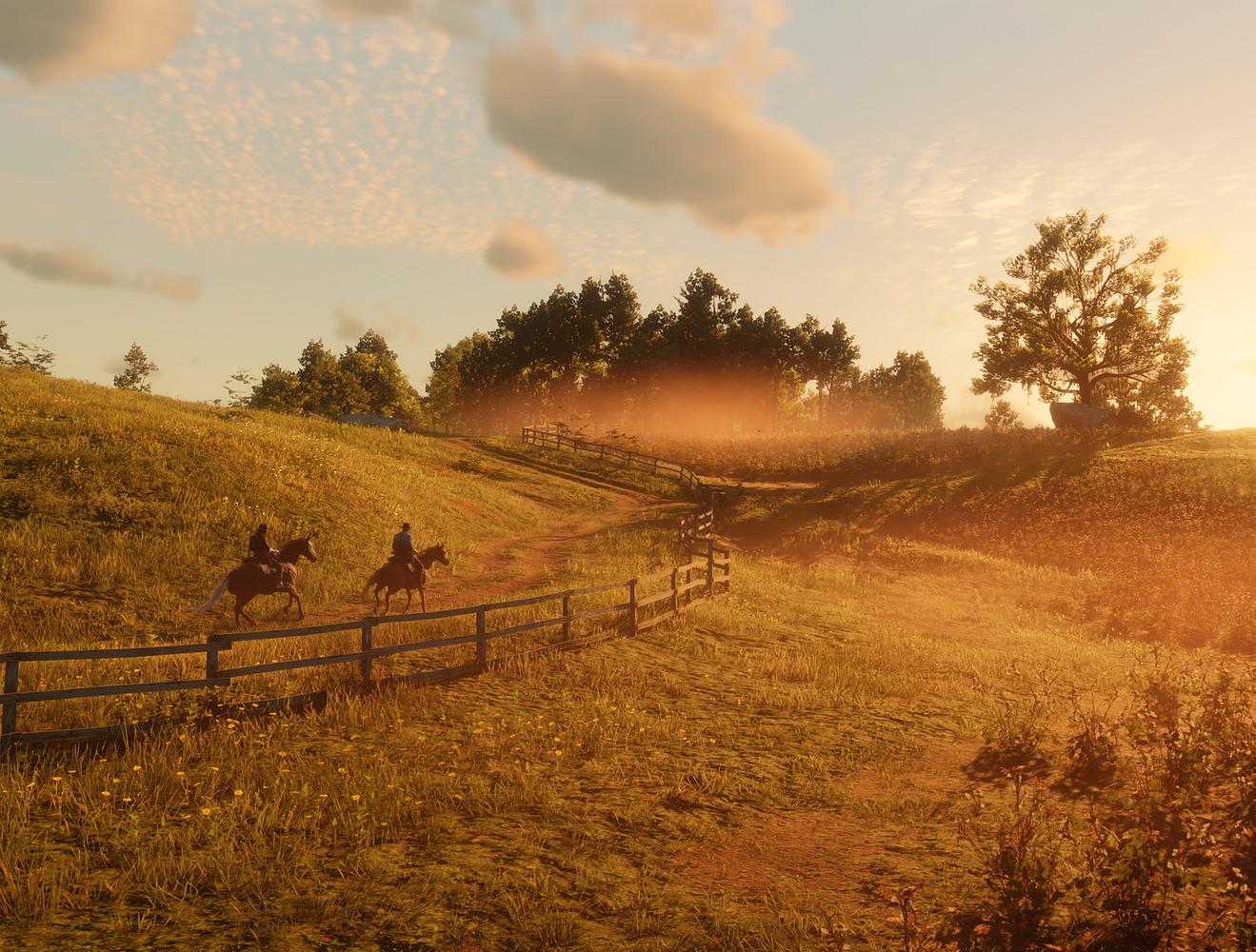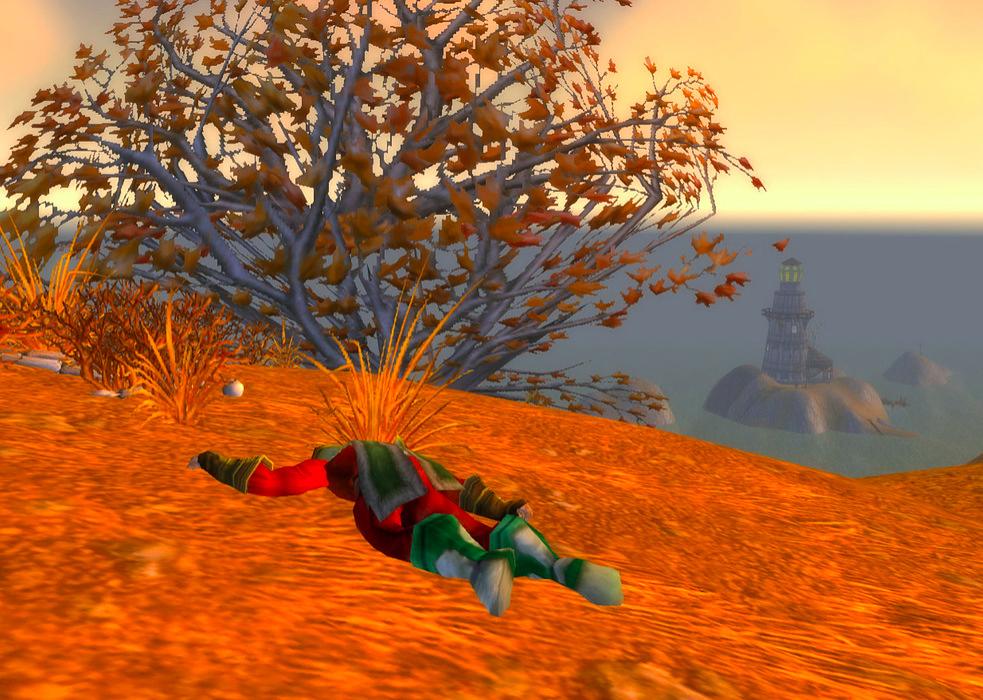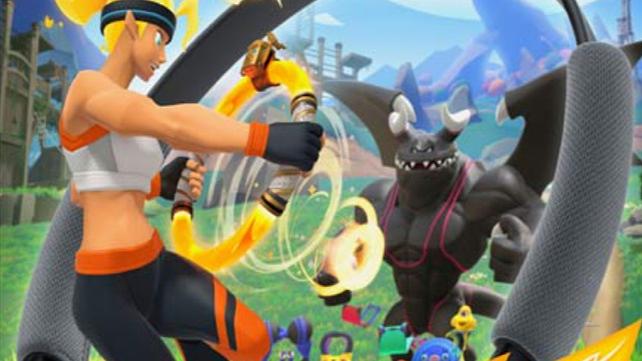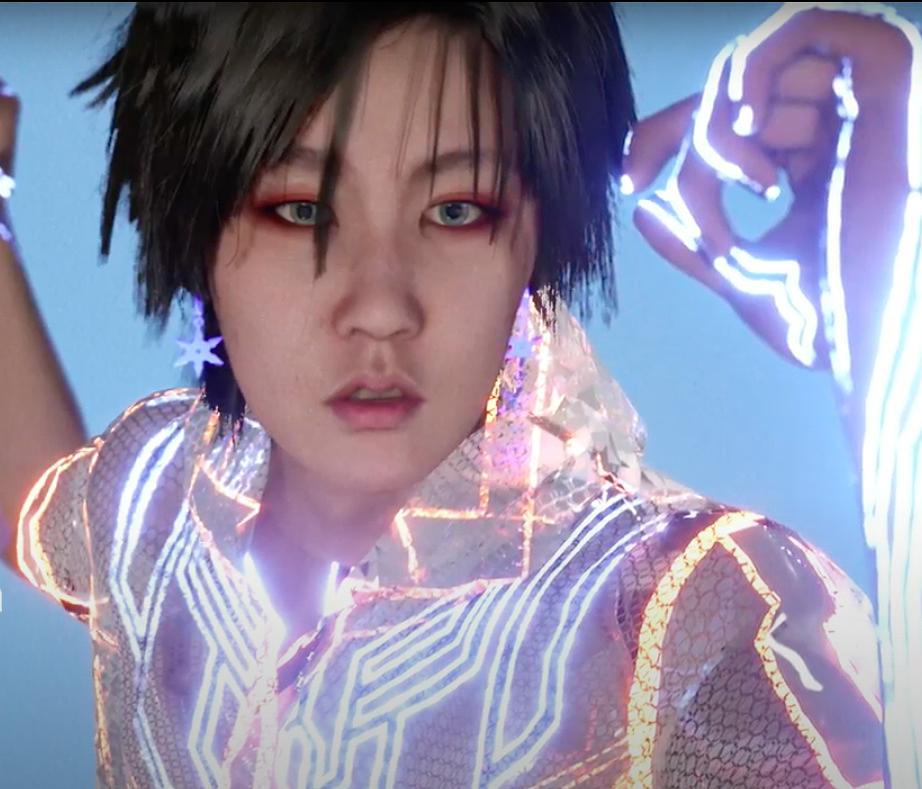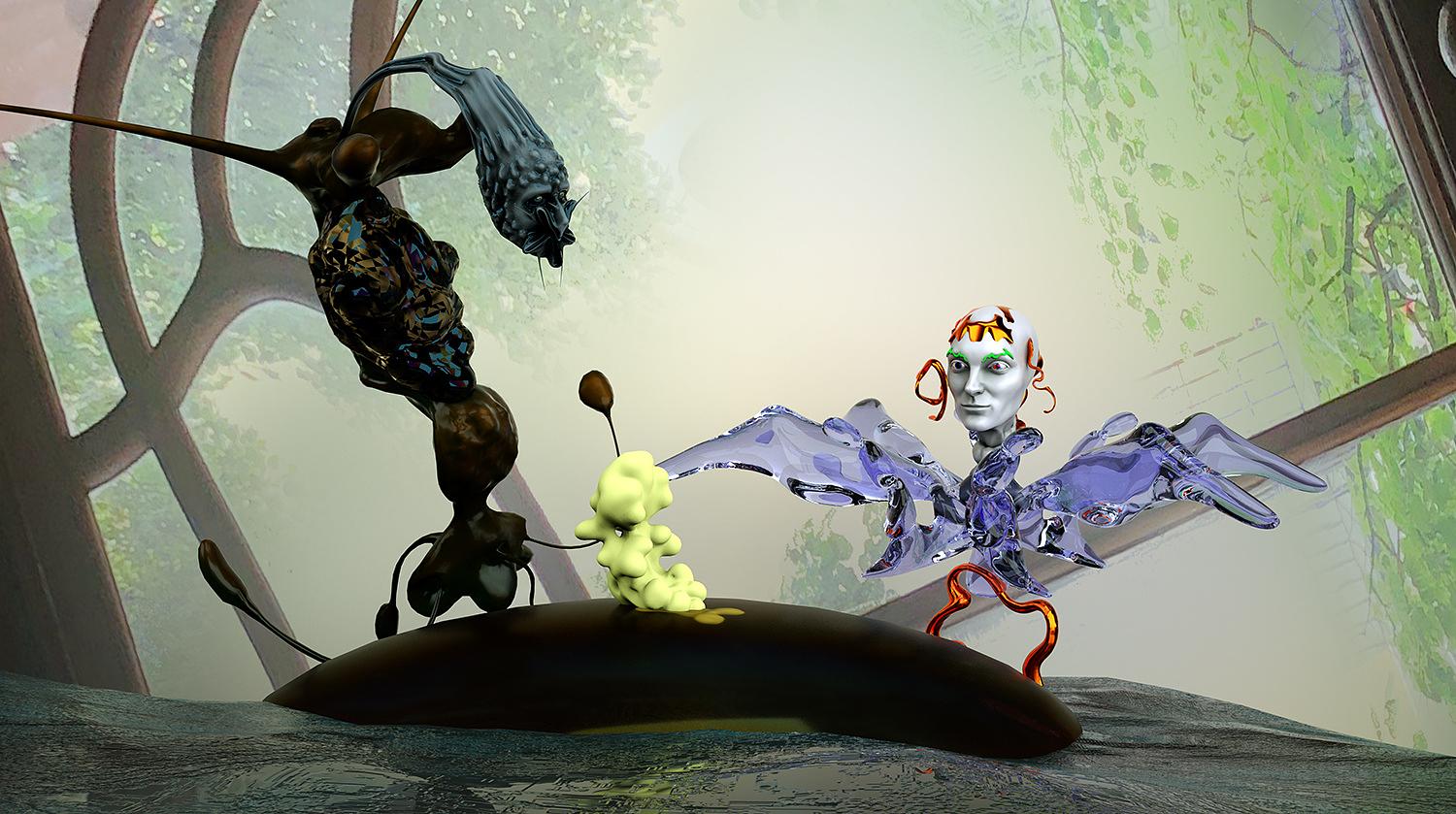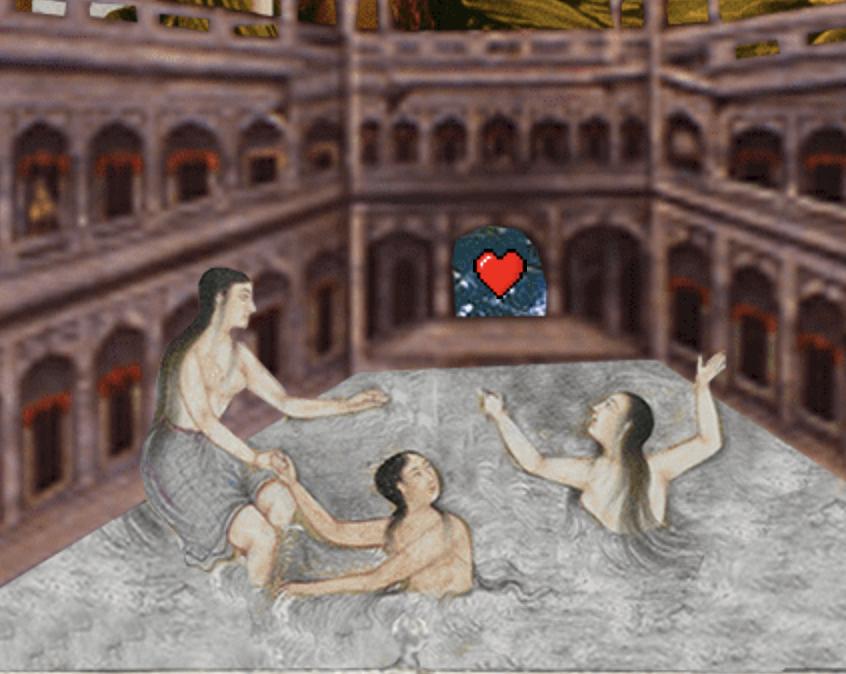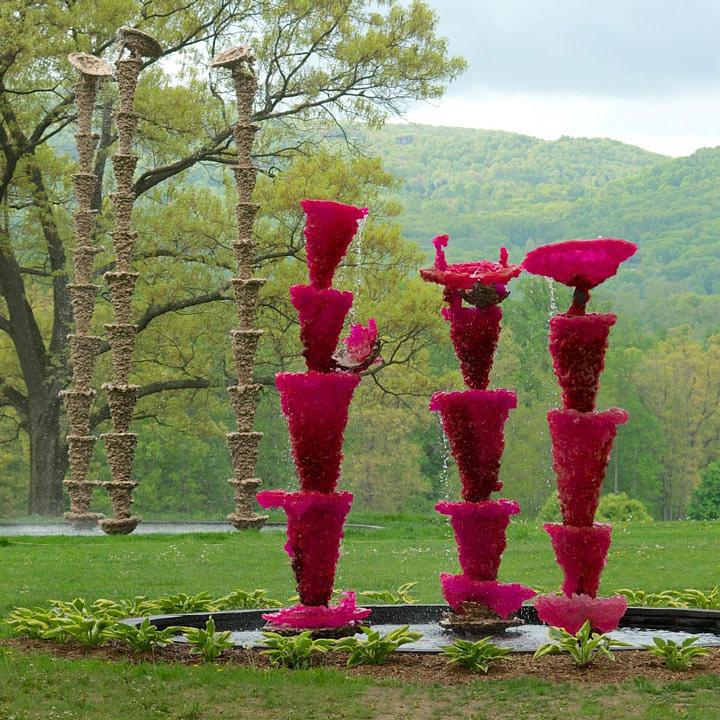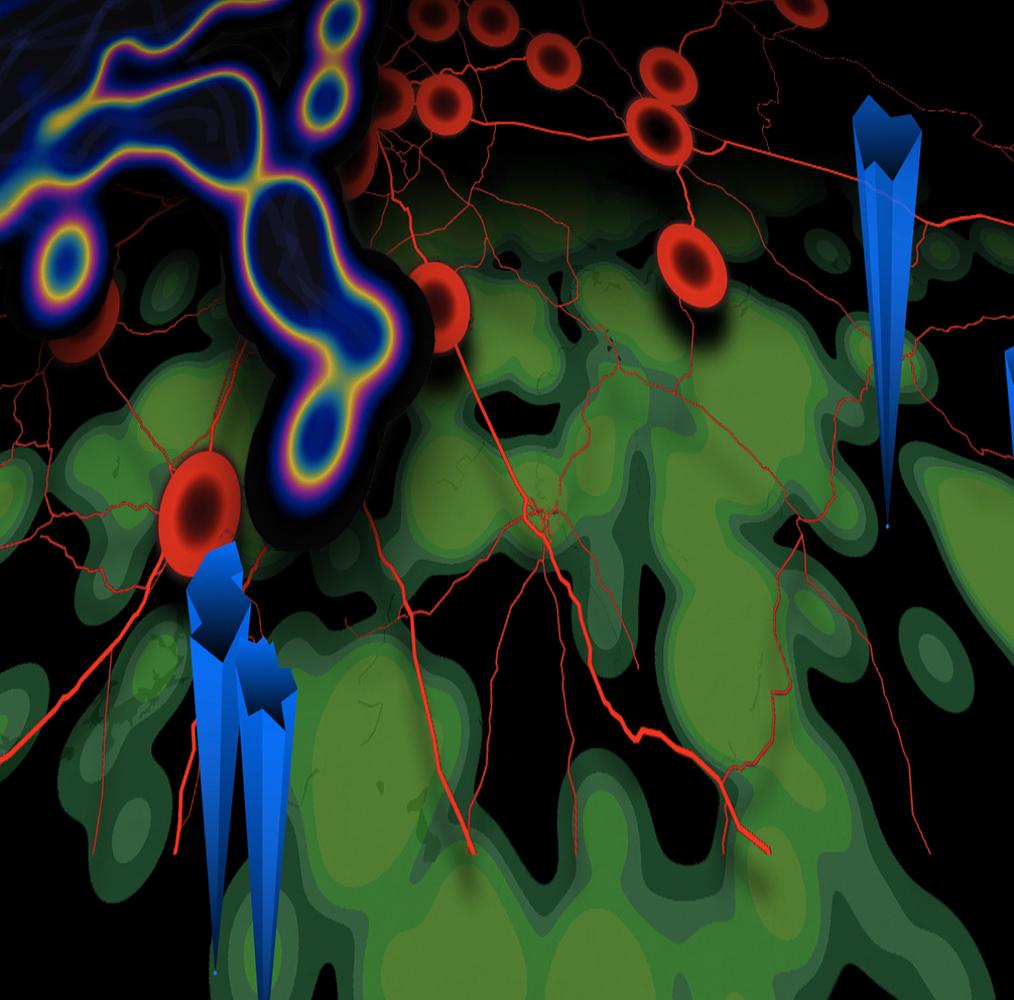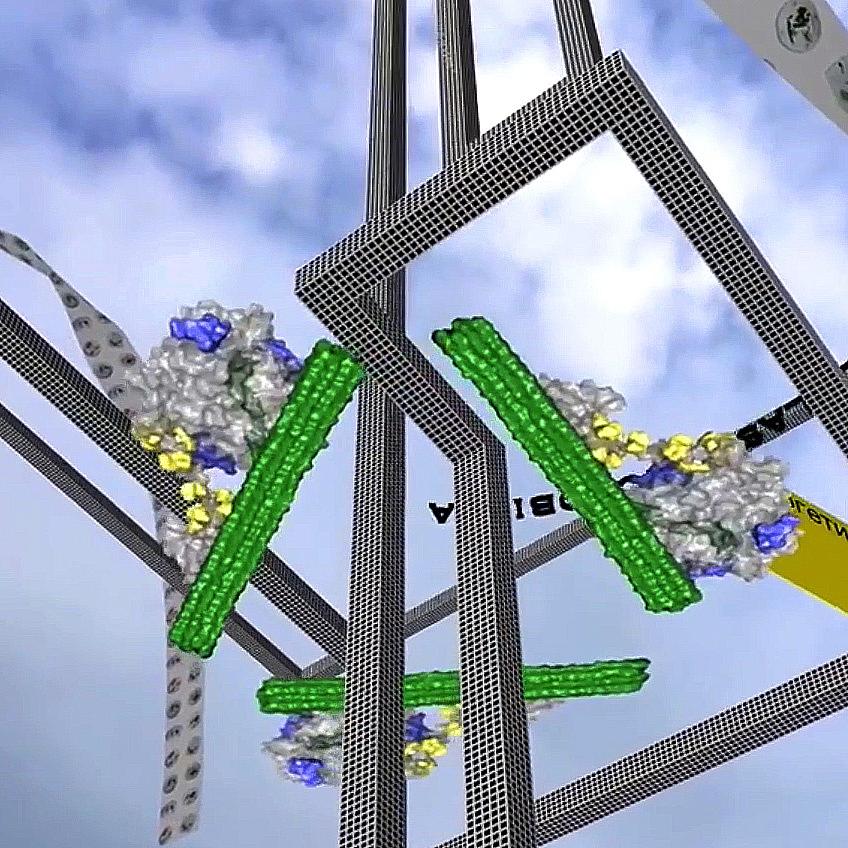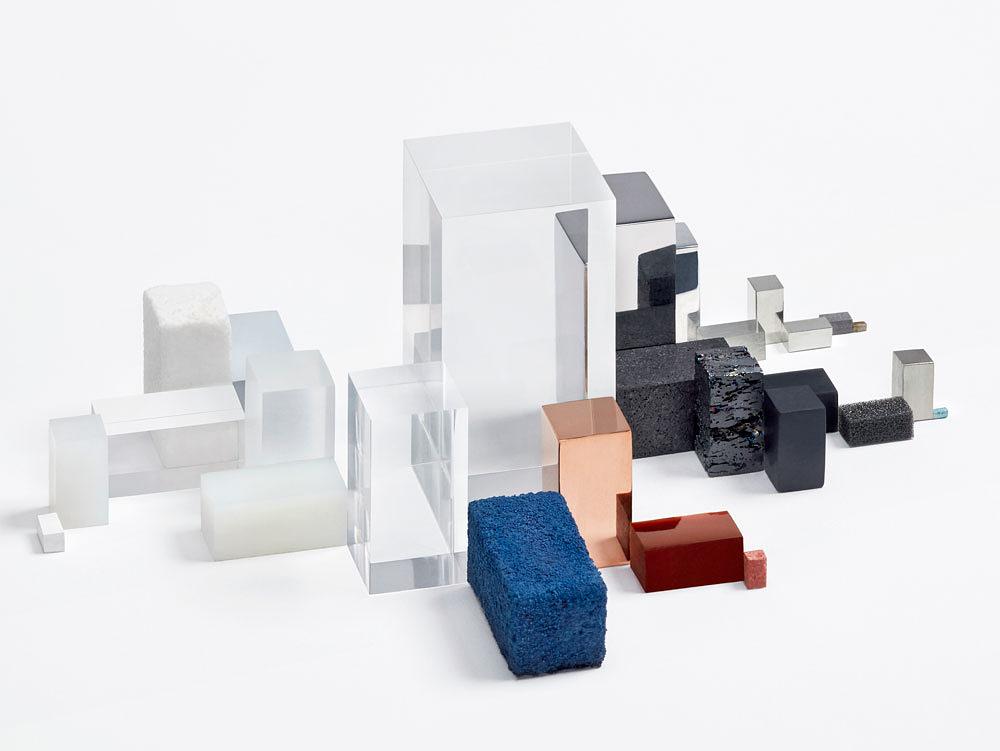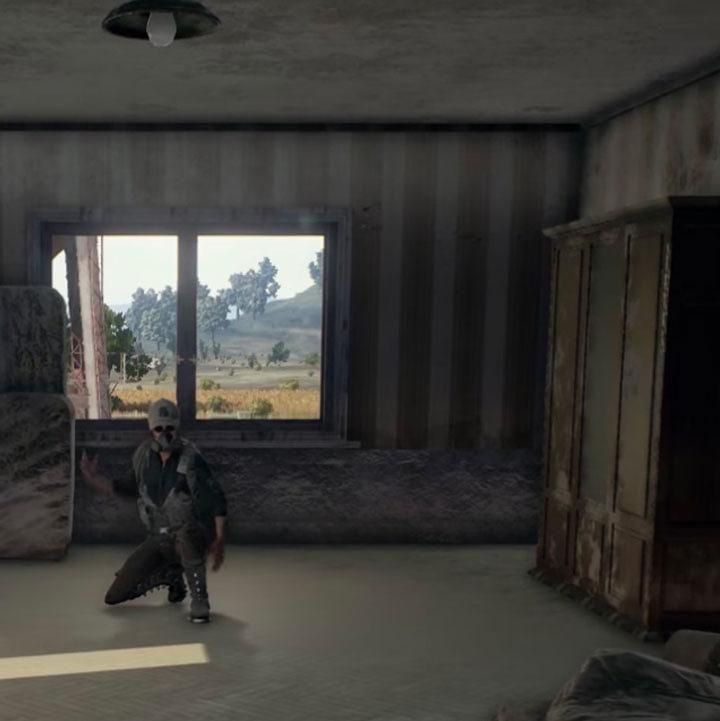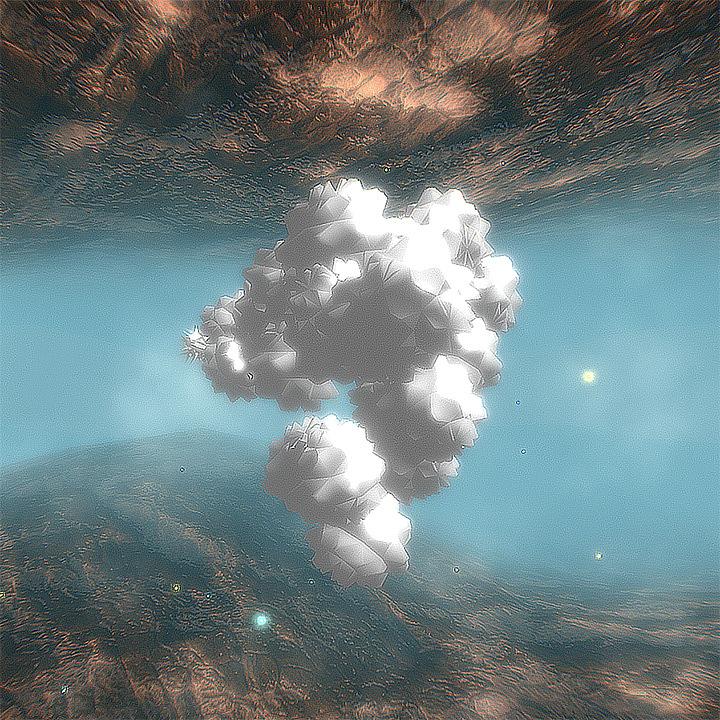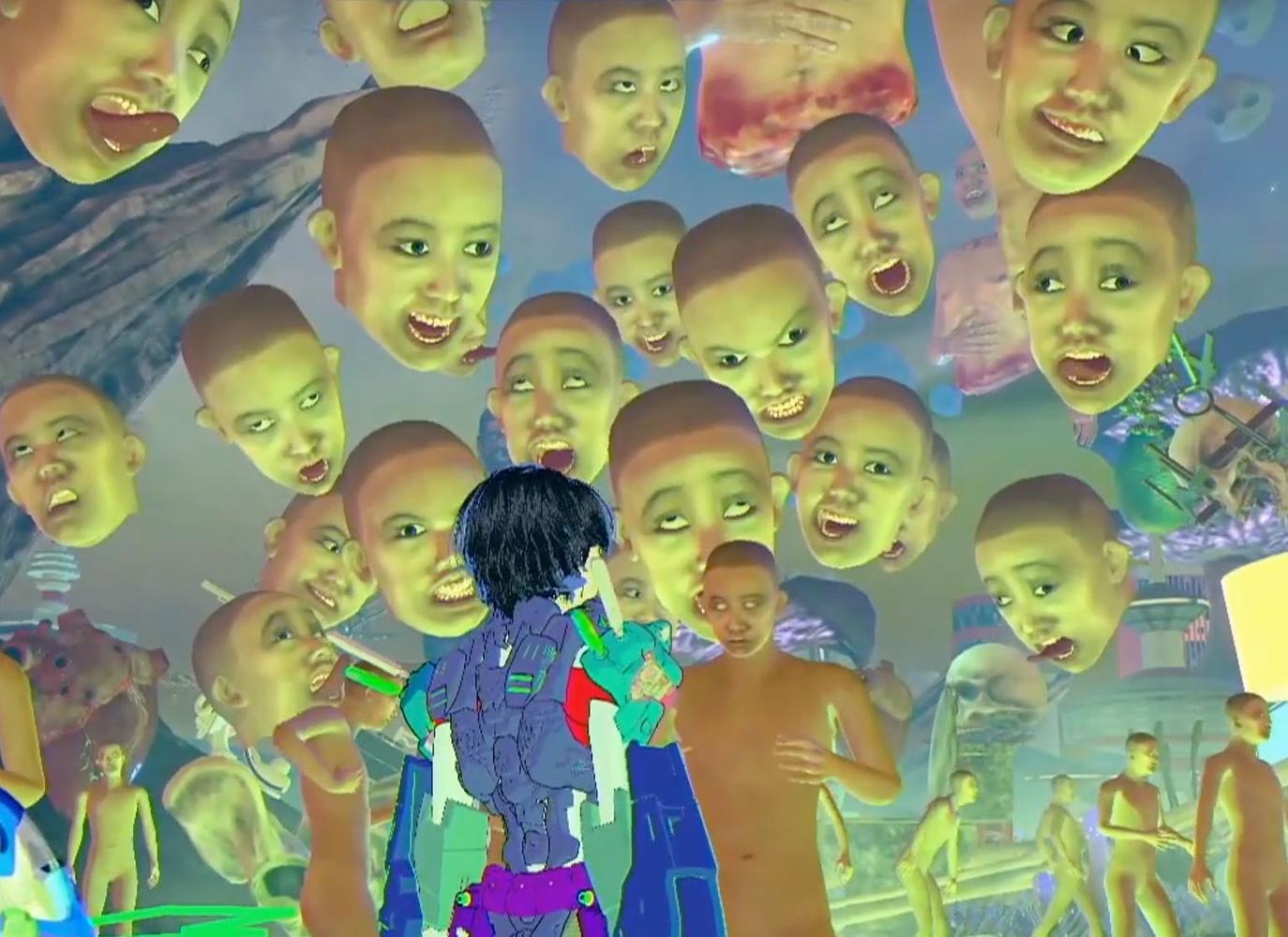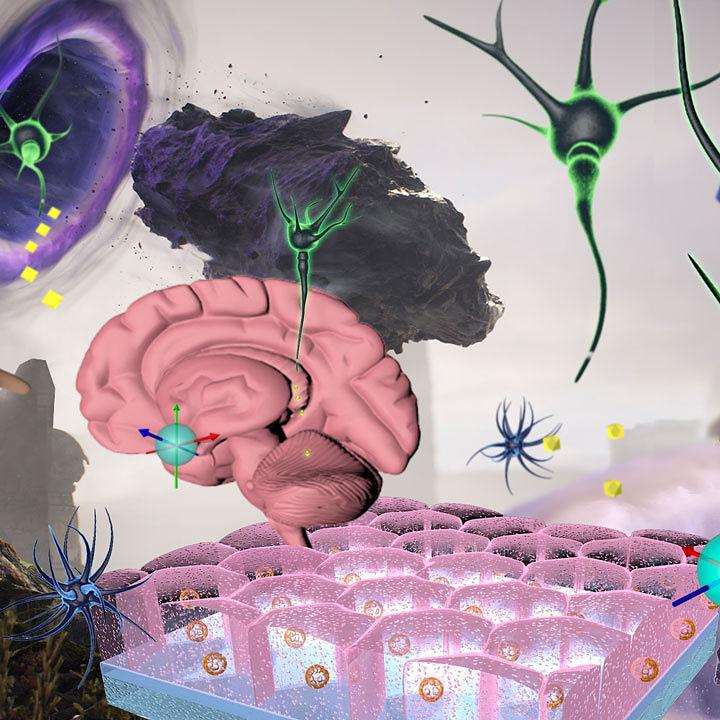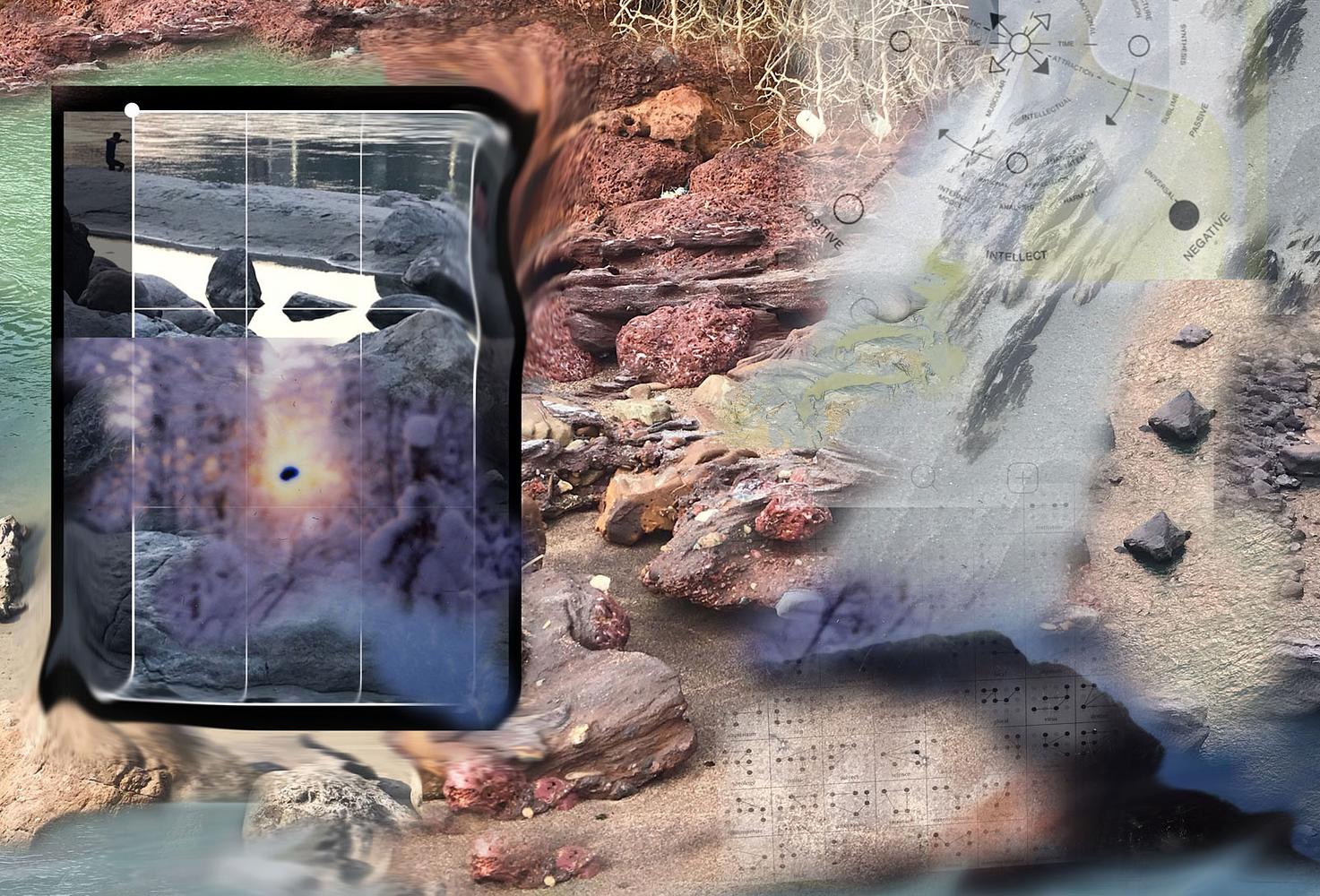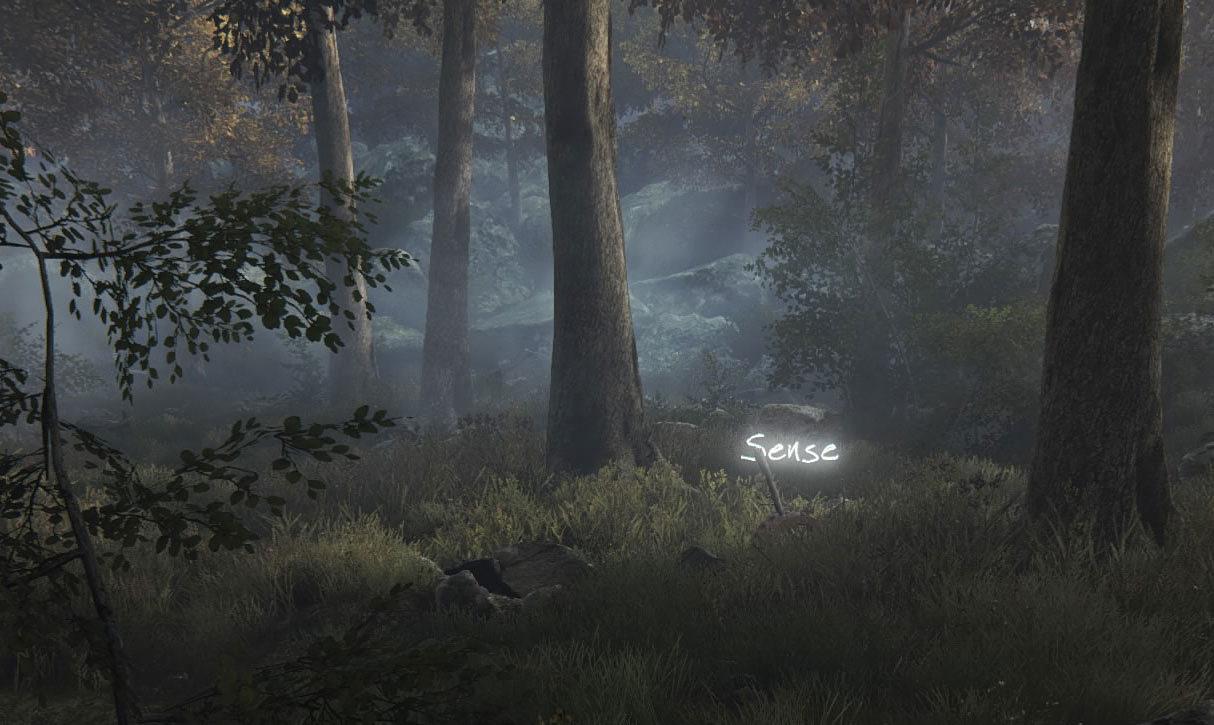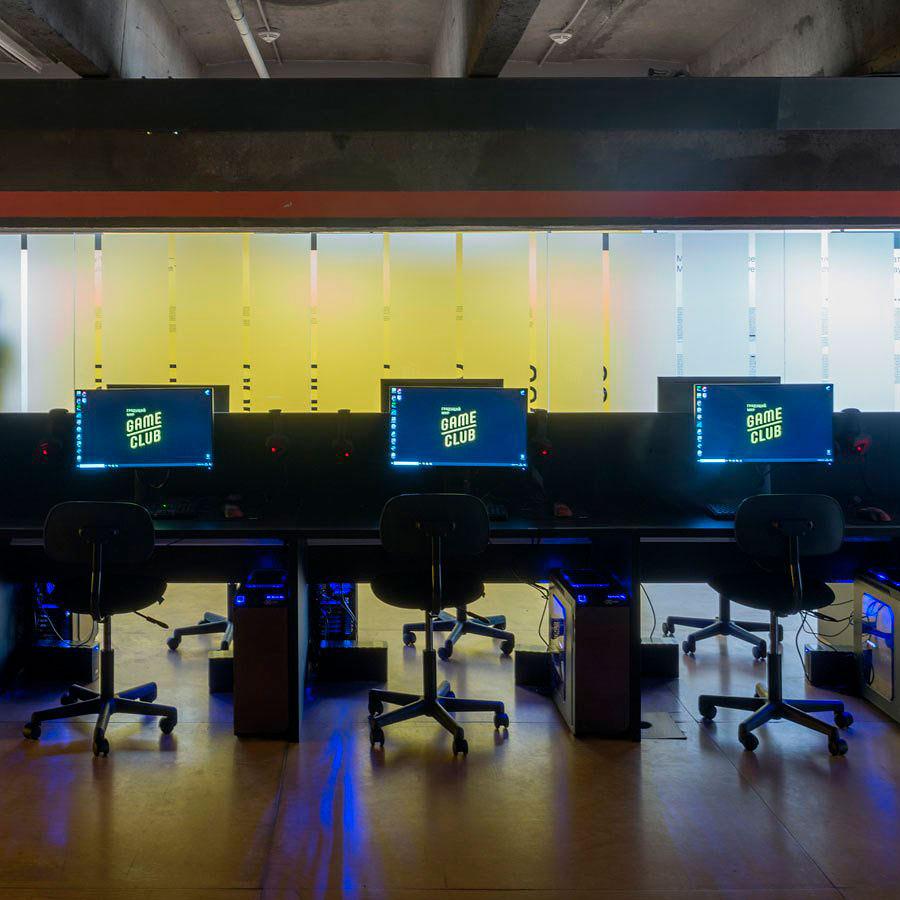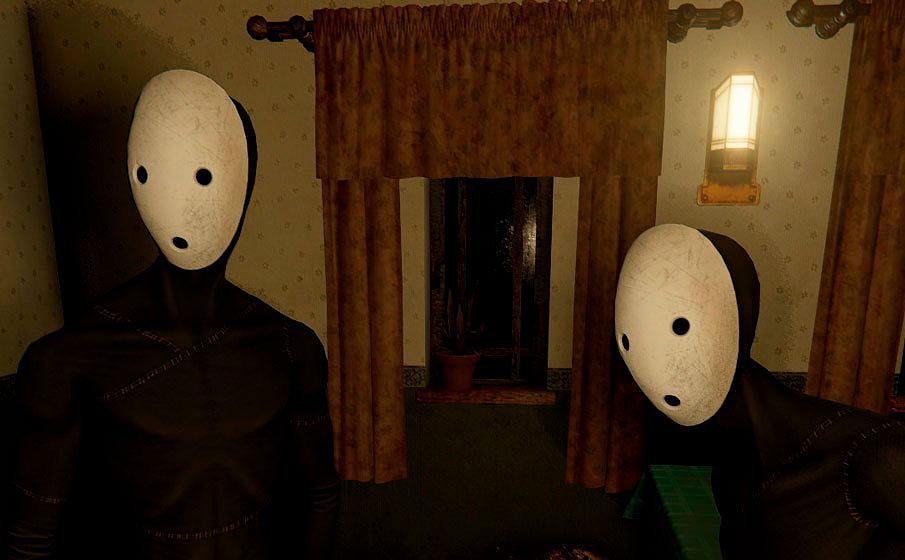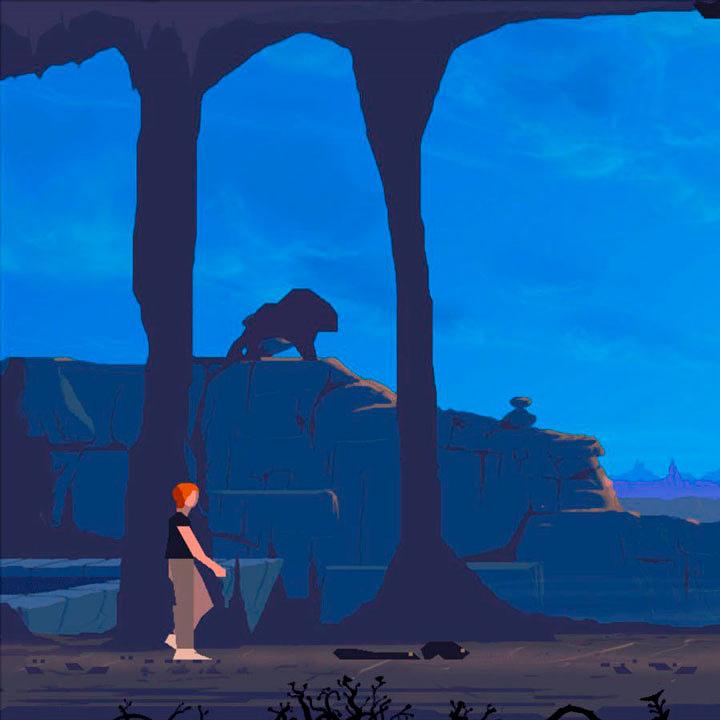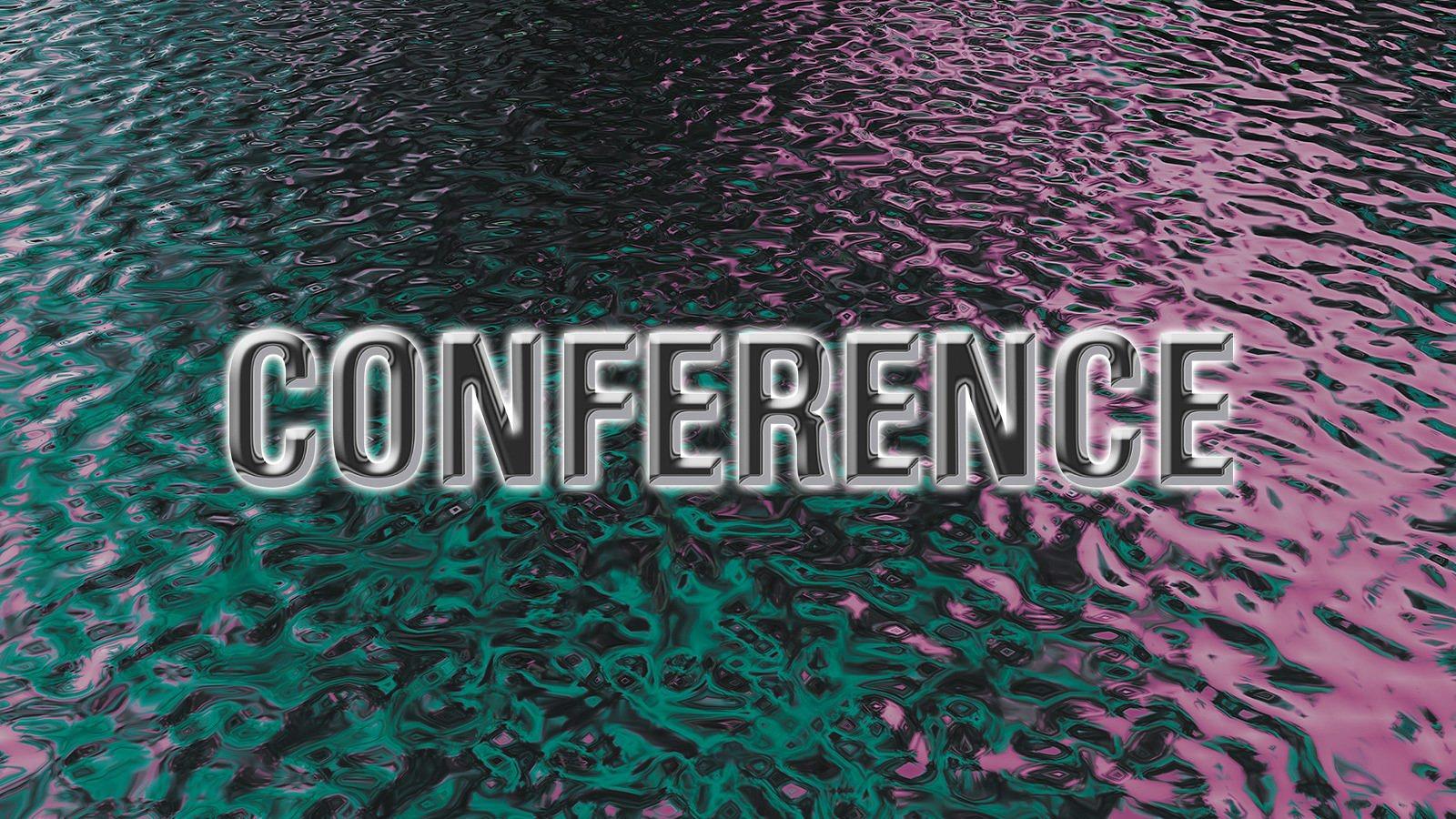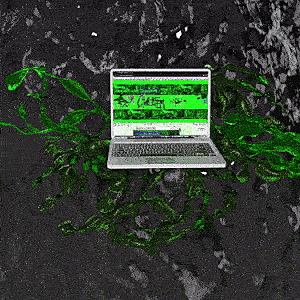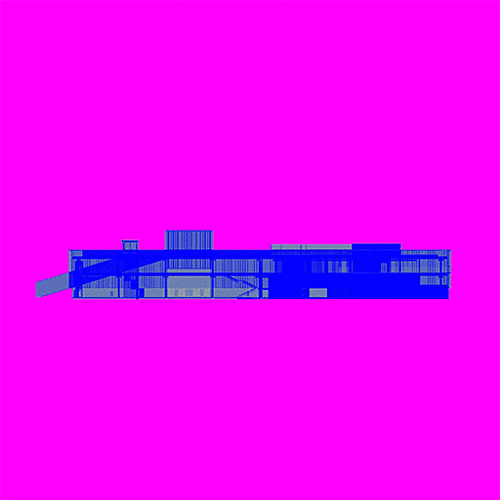
Bringing together artists, scientists, programmers, and art historians, Garage Digital aims to explore and support the new languages of visual culture that are emerging under the influence of advanced technologies and new media on everyday life and on artistic and research practices.
Today, when mobile and broadband Internet have become familiar elements of urban life just like electricity and water supply, the traditional museum has lost its monopoly as a store of meaningful imagery. Every owner of a smartphone connected to the Internet can access an unlimited amount of content. Big data analysis organizes web searching and creates a feeling of total availability and interconnection, while algorithms help to solve complex tasks. It has become possible to approach the world as a full-fledged source of visuality, flowing from the real environment to the screens of digital devices. This means that today reality develops in close proximity to and under the influence of the digital realm, sometimes almost completely merging with it. Akin to scrolling through a news feed, the new form of perceiving information blurs the boundaries of the real and the virtual, reforms our sense of space and time, and thus questions the goals and values of the traditional museum.
Garage Digital accumulates the experience of studying contemporary born-digital art as the product of a new type of thinking and living through everyday reality. Along with digital art proper, the program focuses on the latest technological advancements—code, neural networks, big data analysis, game engines and computer graphics, 3-D printing, and other new production modes—that can operate simultaneously as the artwork’s material, medium, and means of production.
The Garage Digital online program publishes born-digital artworks and research projects created in collaboration with Garage Museum of Contemporary Art. The works posted via the platform are integrated into a continuous flow of visual images and ideas, thus supplementing the interfaces we use to comprehend contemporary reality (such as news feeds, chat, command lines, etc.) and reinventing the museum experience.
Garage Digital is also a platform for uploading documentary videos and theoretical research on particular themes covered by the program, such as Game Studies, which focuses on the study of video games and computer simulations as an artistic medium.
The development of a thematic community, exchange of experience, and the cementing of professional networks are the main goals of Garage Digital’s program of offline events, which includes talks by theorists and practitioners in the field of digital art, performance lectures, Let’s Play sessions, masterclasses, concerts, hackathons, and residencies.
Garage Digital offers a grant program for artists working with new technologies, with each season addressing a particular aspect of artistic practice within the digital environment.
For Garage, the platform Garage Digital is like a virus infiltrating the Museum’s programs. It implies collaboration with the exhibition and education departments and participants in the Field Research program, as well as offline interventions into the Museum’s public spaces.
Garage Digital workgroup
Technical Consultant: Pavel Blokhin
Editing and translation: Alexandra Demchenko, Anna Ivanova, Alexander Izvekov, Alexandra Kirillova, Natasha Soboleva, Ruth Addison
The following were part of the Garage Digital working group at various times: Ekaterina Valetova, Valeria Didenko, Darya Kuznetsova, Anna Mikhailenko, Viktoria Titova, Anastasia Chebotareva
GARAGE DIGITAL SUPPORT
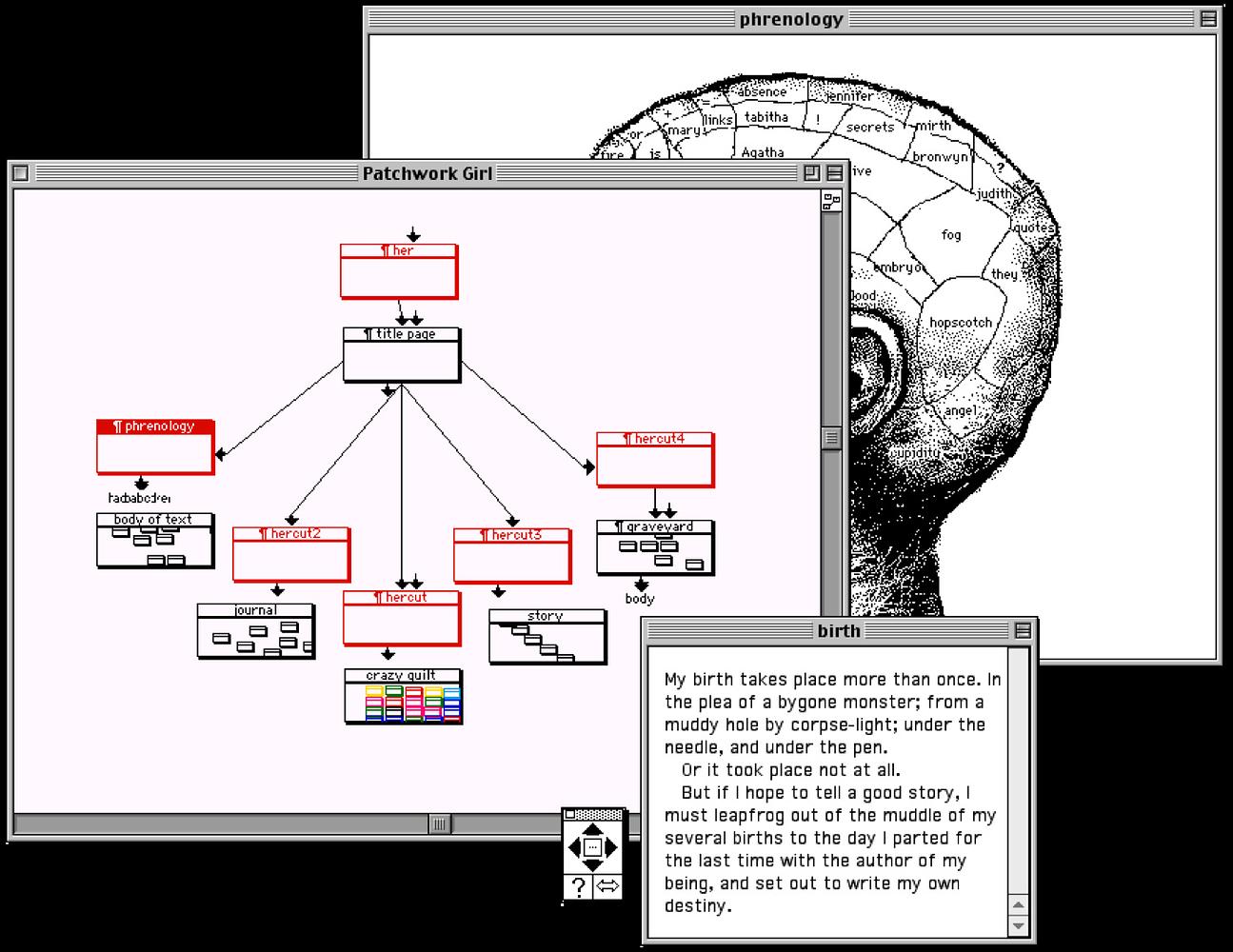
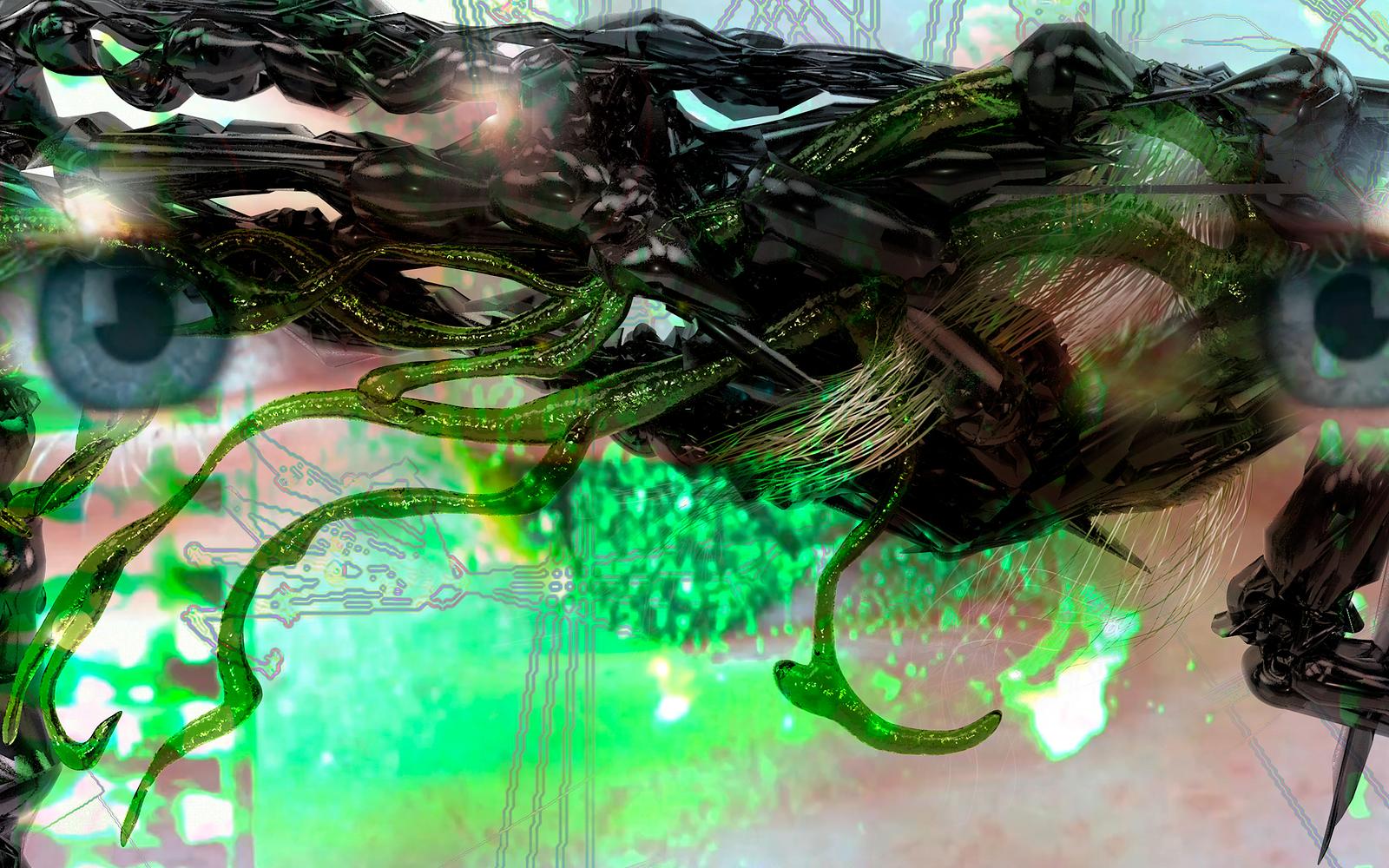
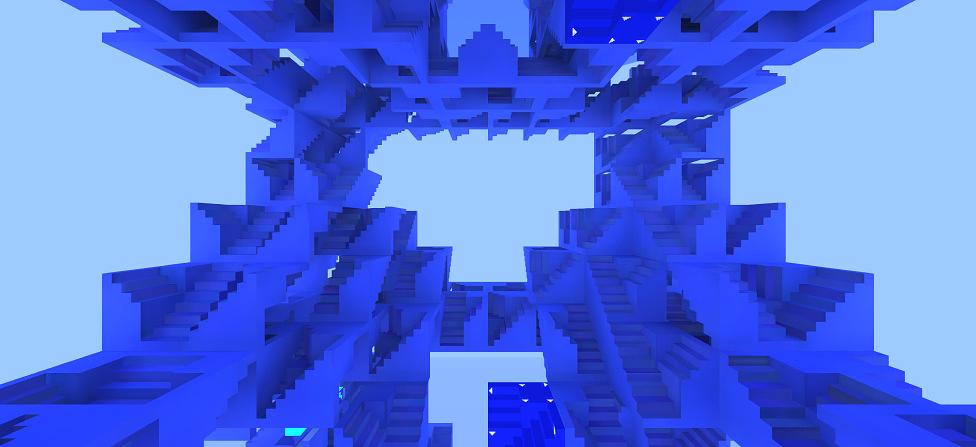
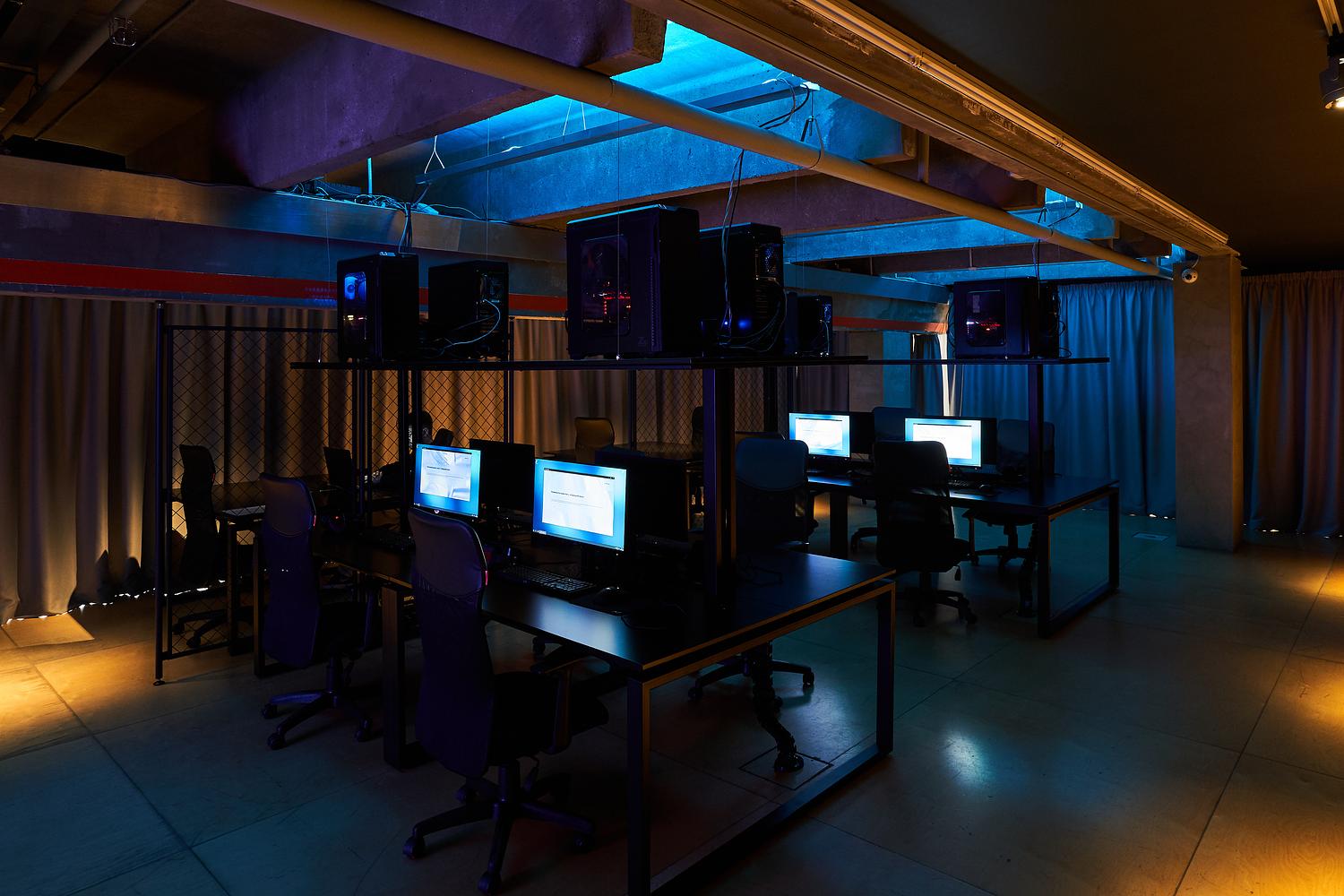

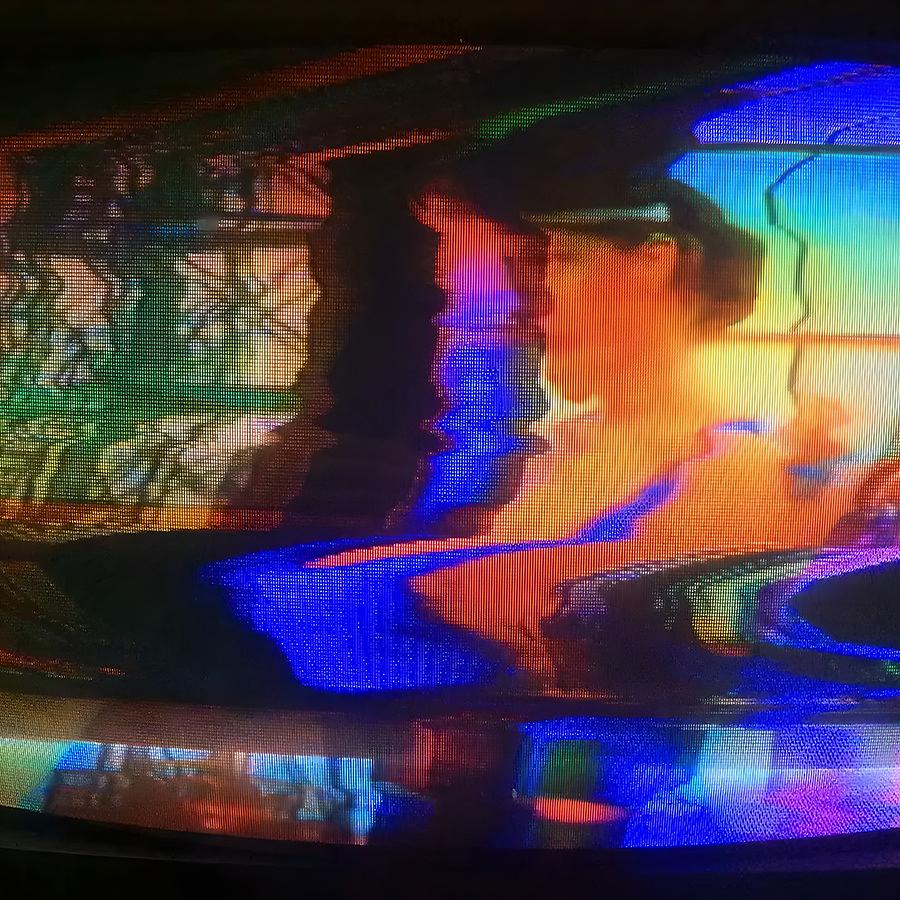

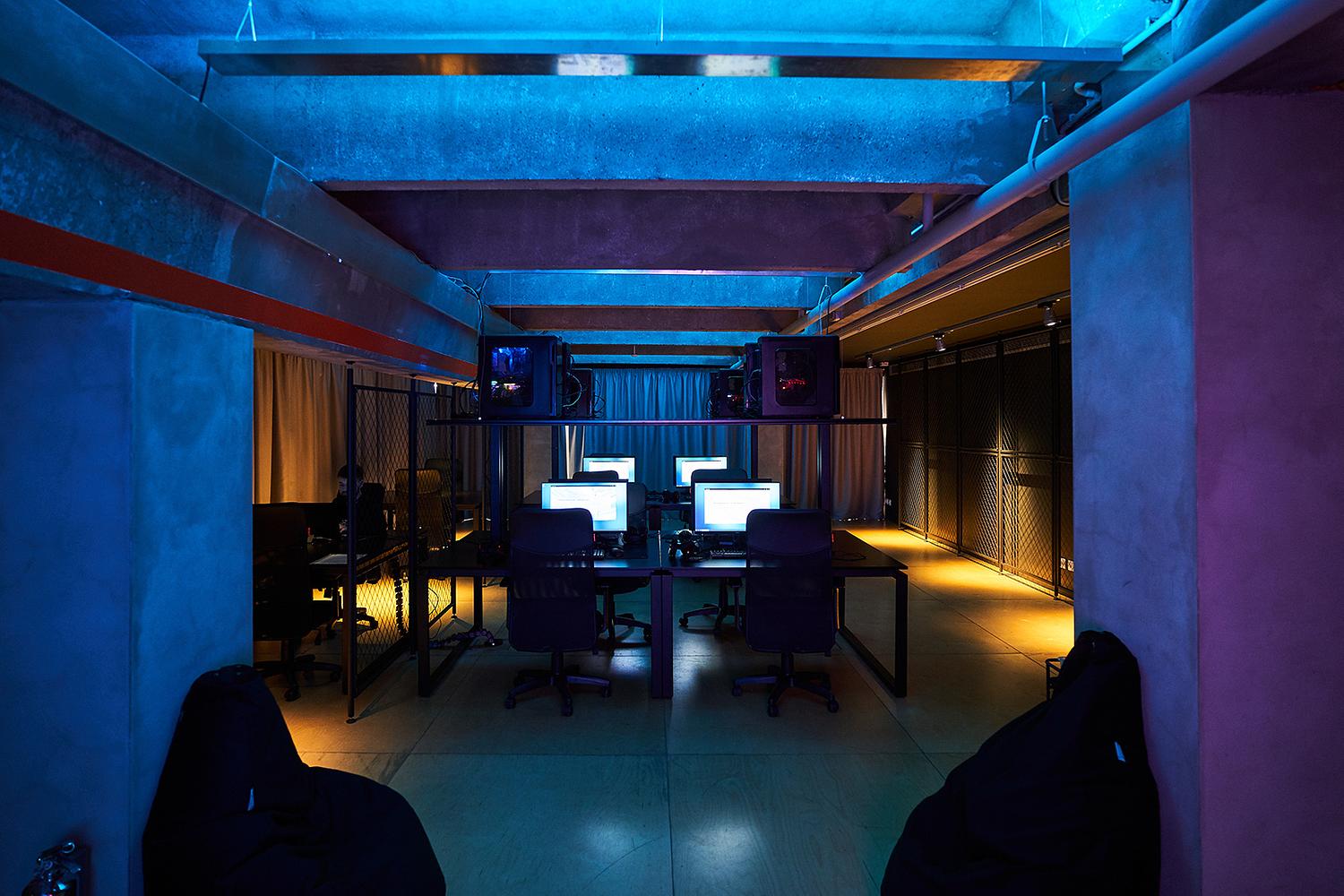
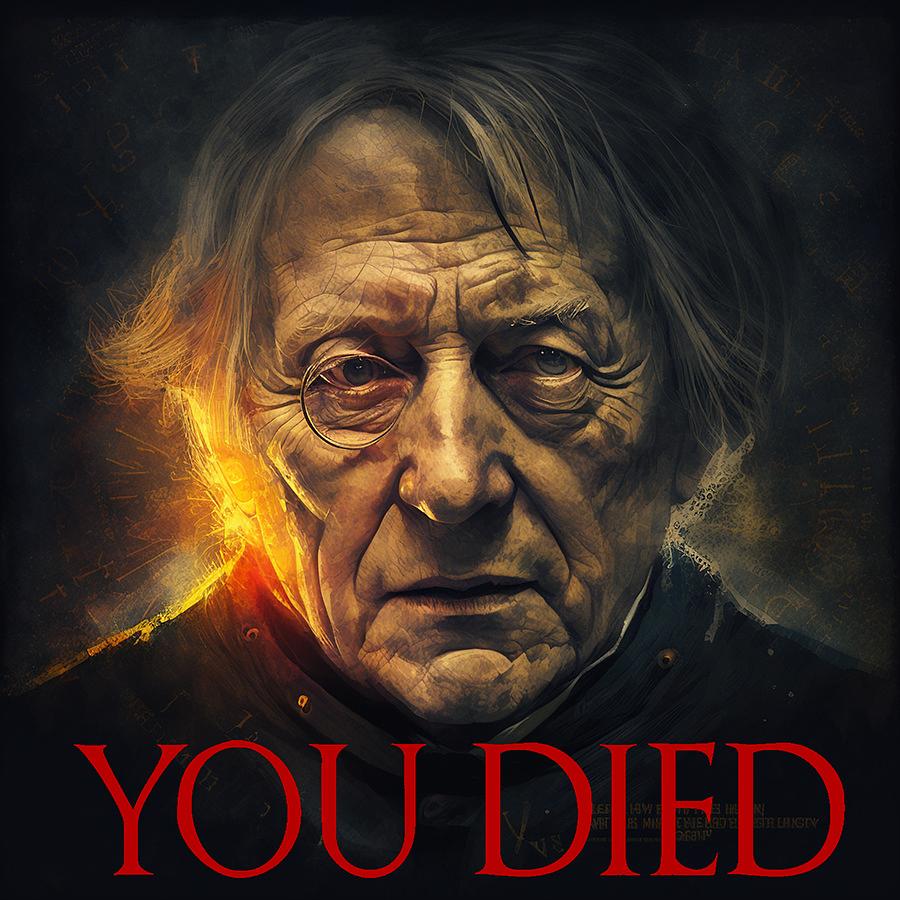
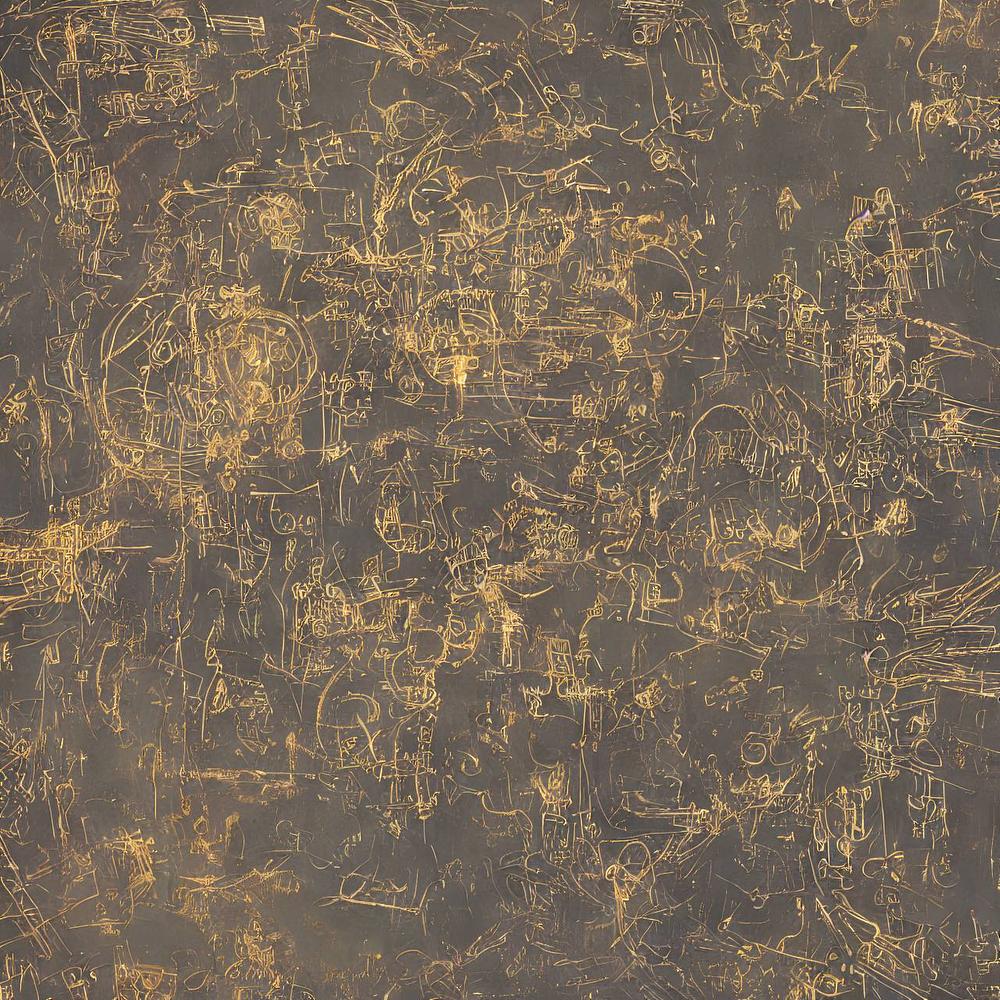
The main goal of the seminar is to transform gaming practice, which is casually believed to be a nonimportant recreational activity, into a training ground for the production of knowledge and social and cultural studies.
This event is part of the public program of the World Gone By computer class.
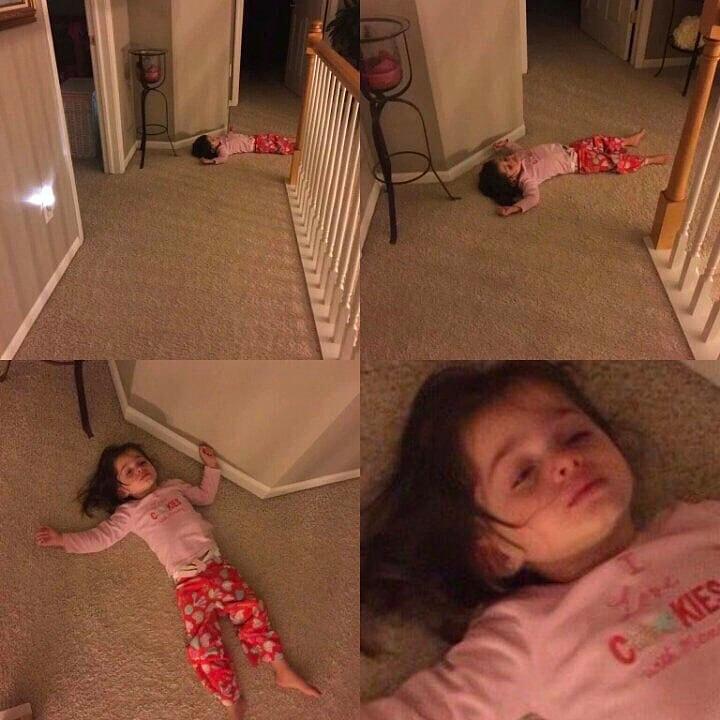
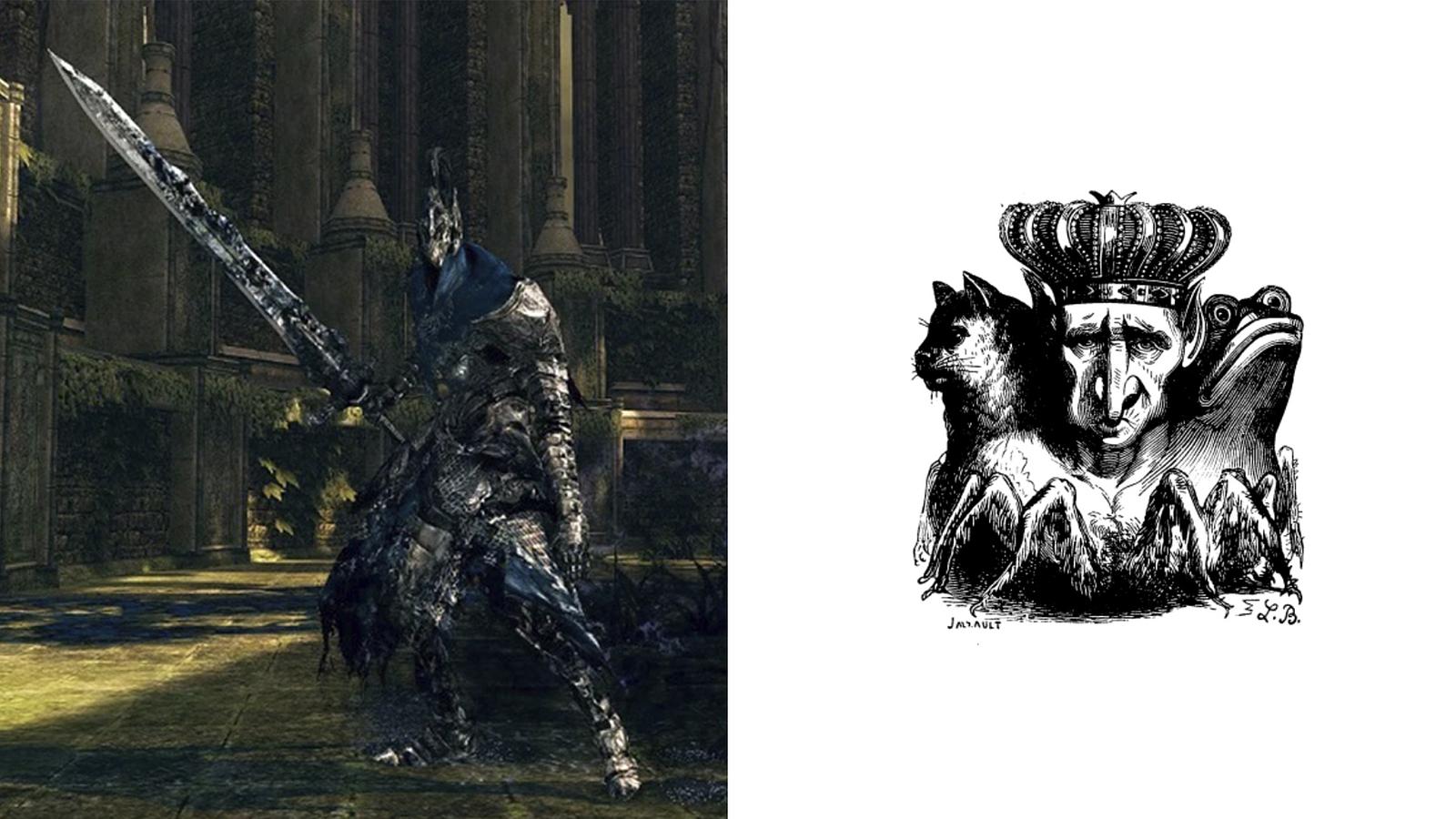
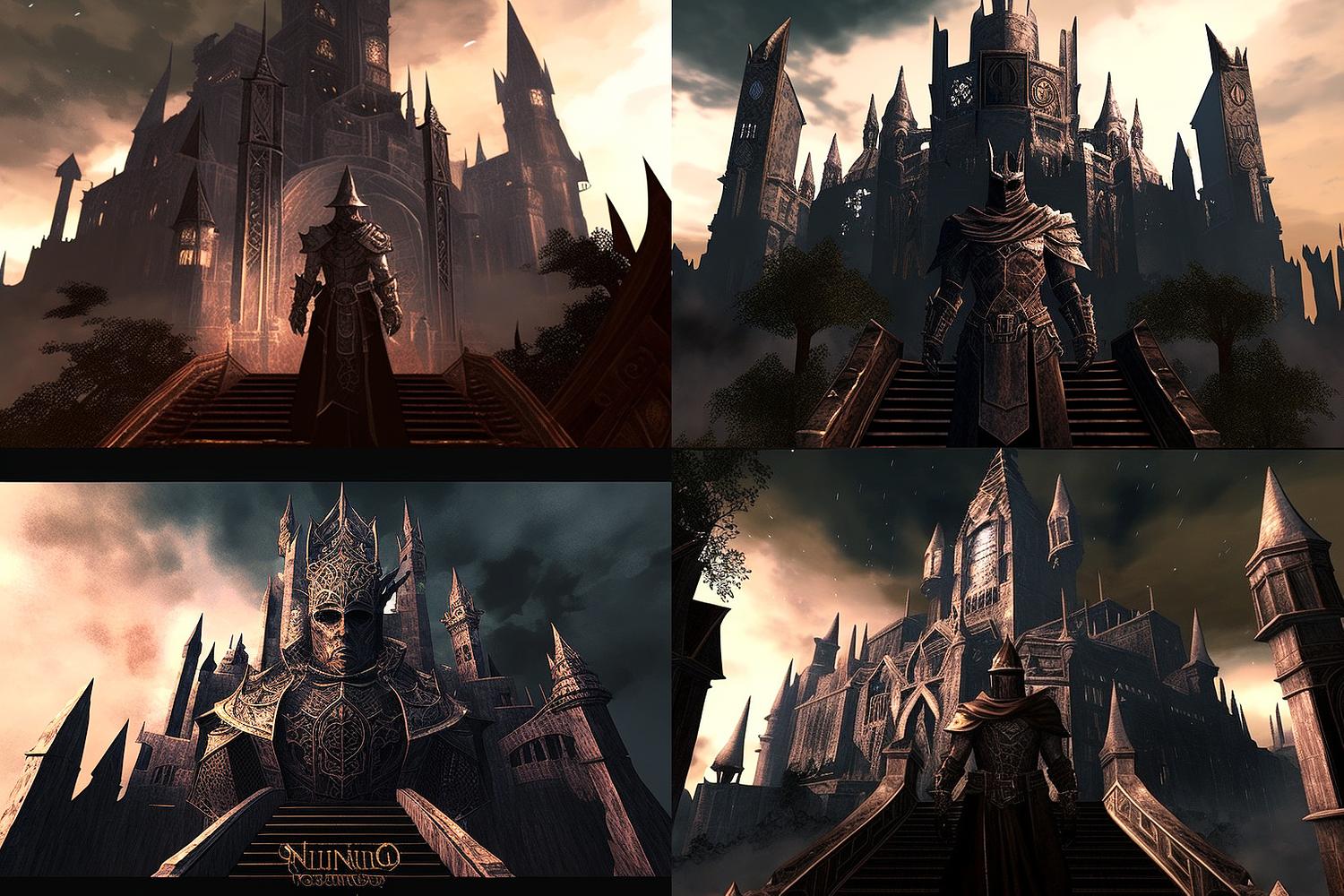
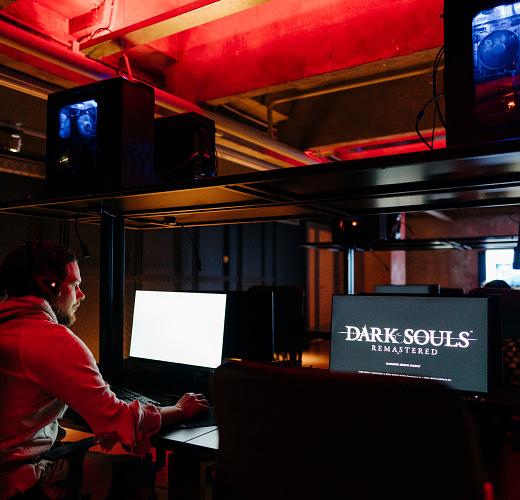
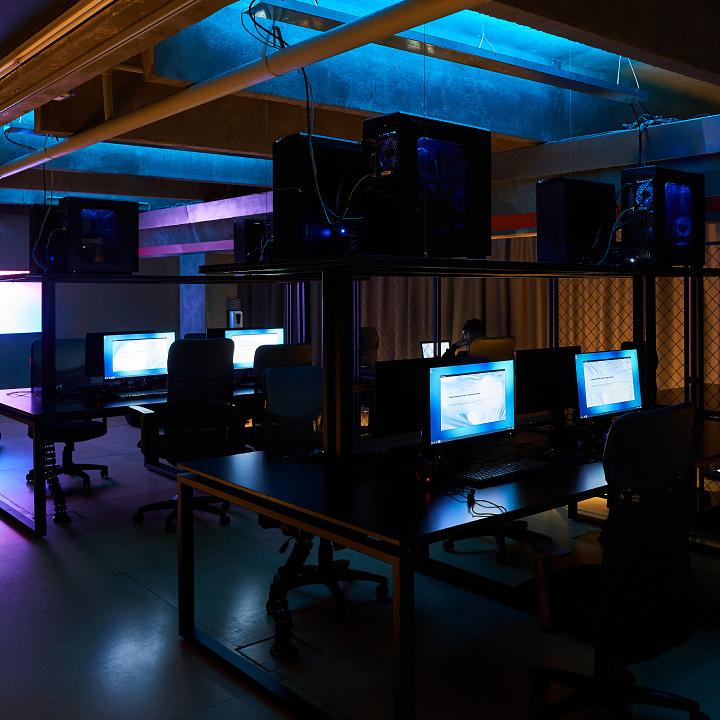

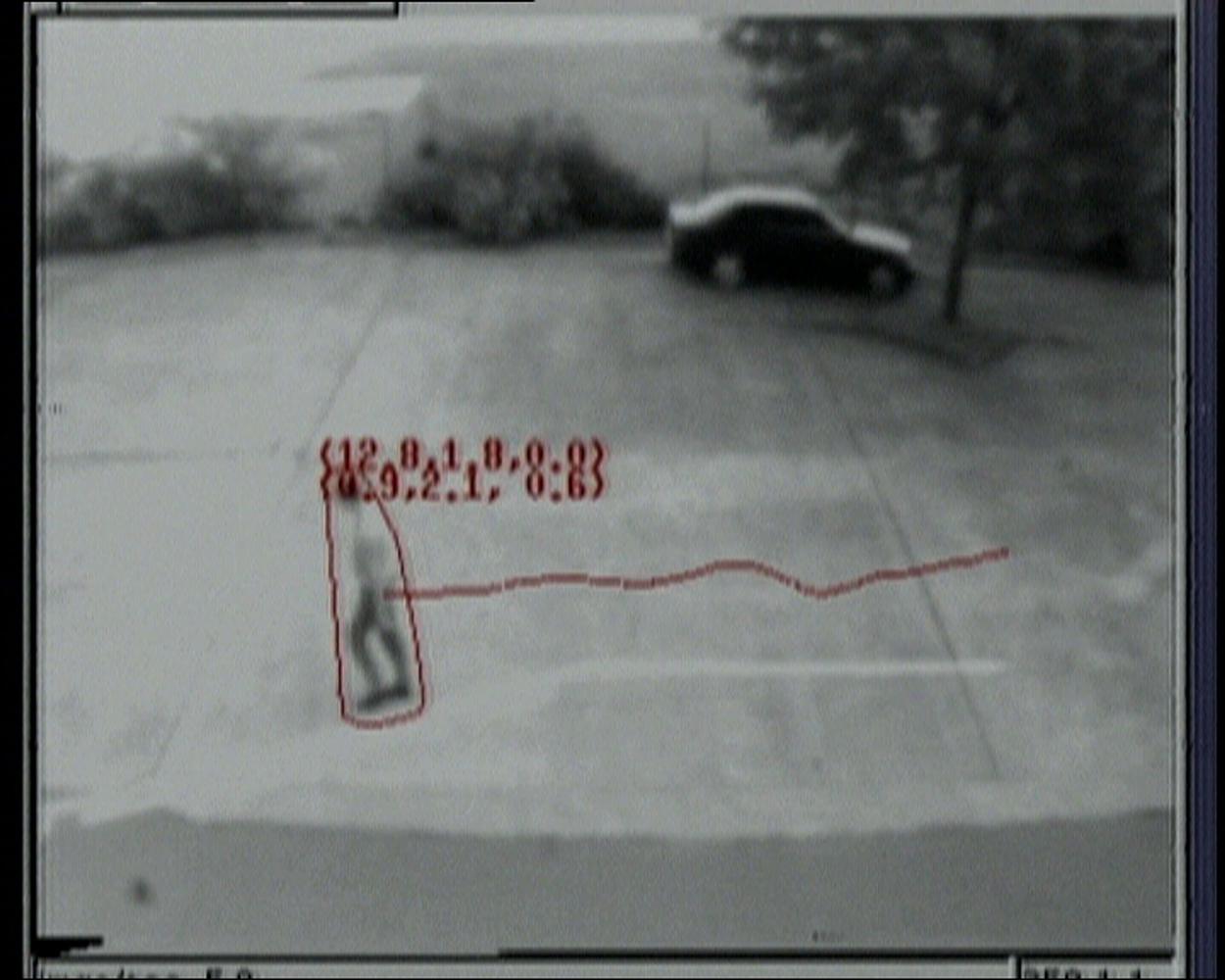
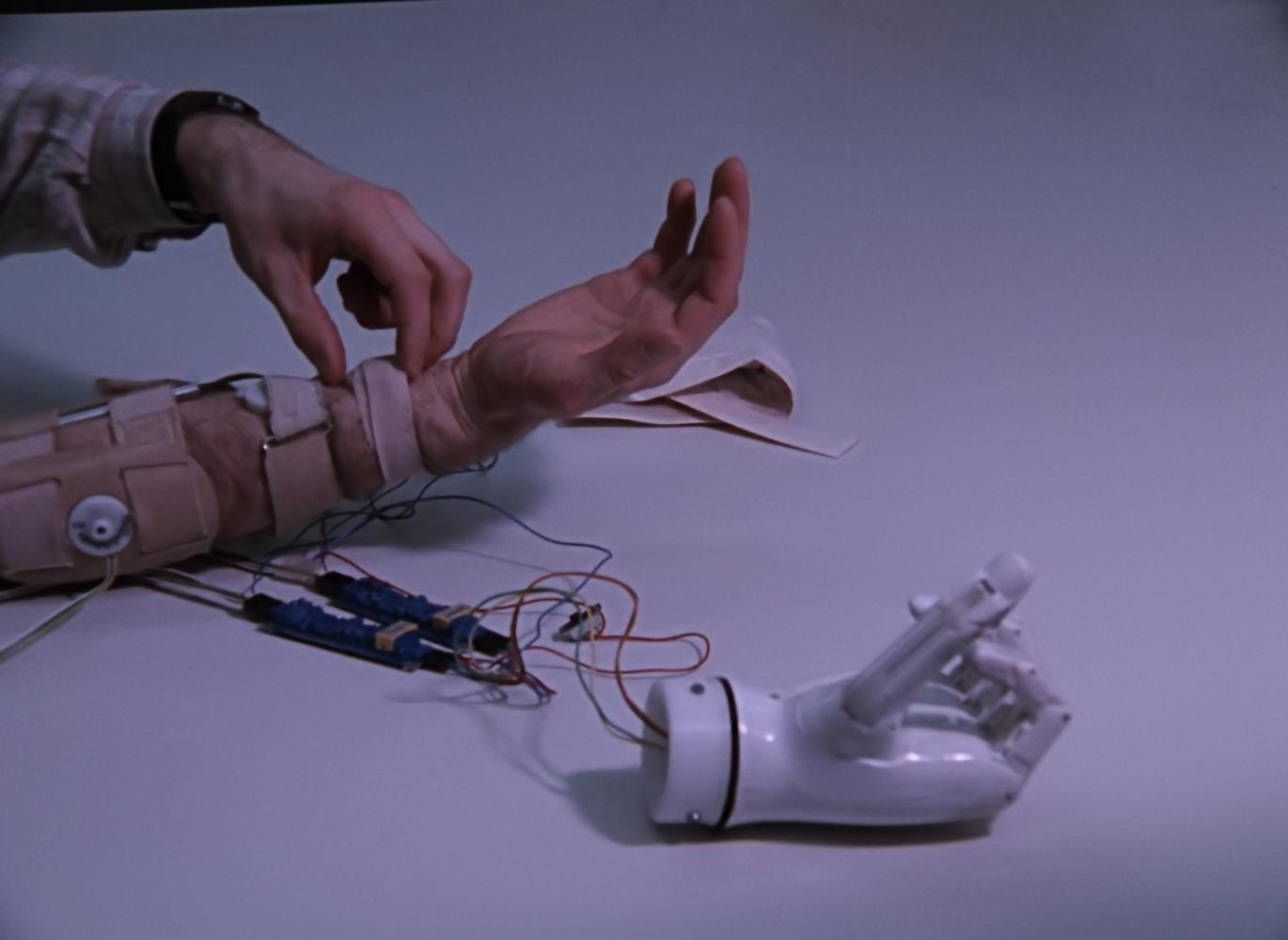
Garage Digital stopped working on this project.

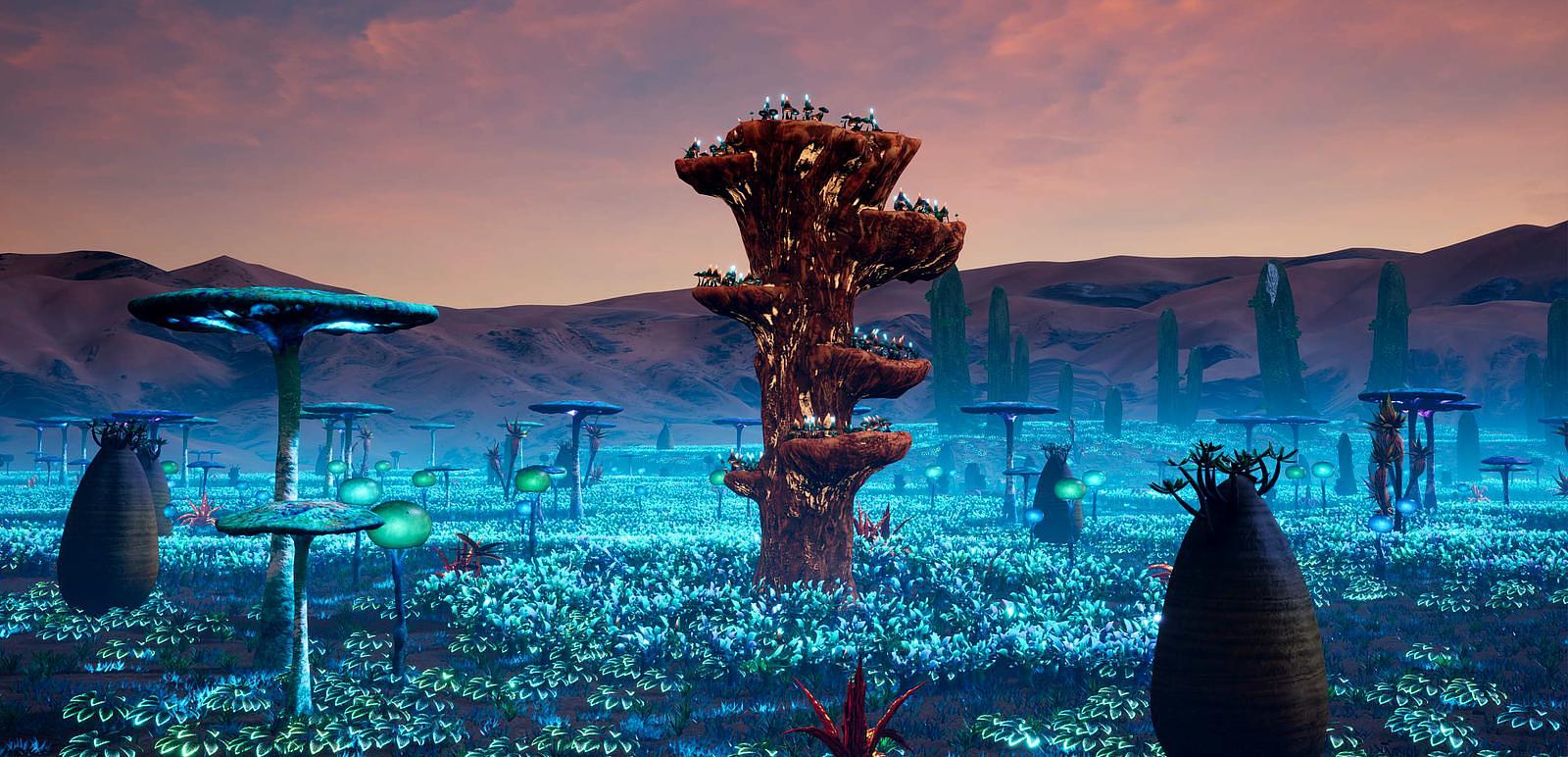
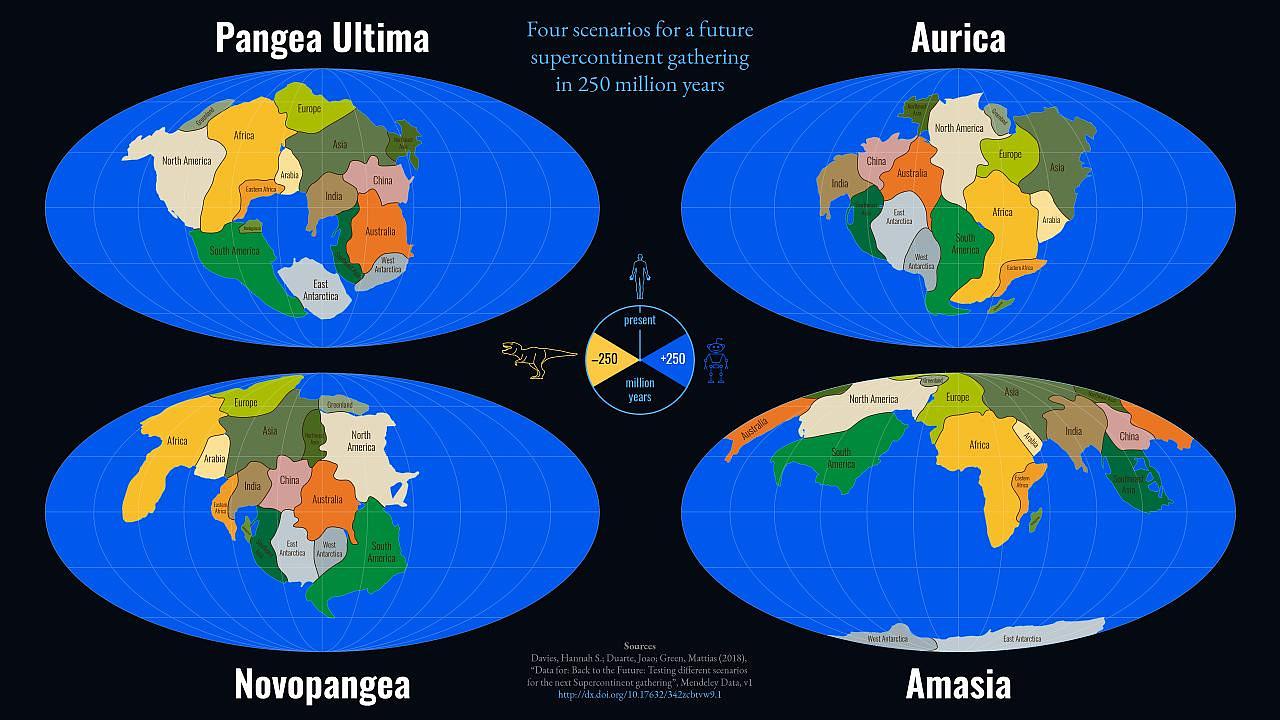
Performance Hydrogen City is the new site-specific performance by Digital Object Alliance invites visitors to experience the materiality of a speculative world of the future through the possible embodiment of videogame logics. The performance took place at Hyundai Motorstudio Moscow as part of the joint program by Garage Digital and the online platform Rhizome for the international exhibition World on a Wire.
